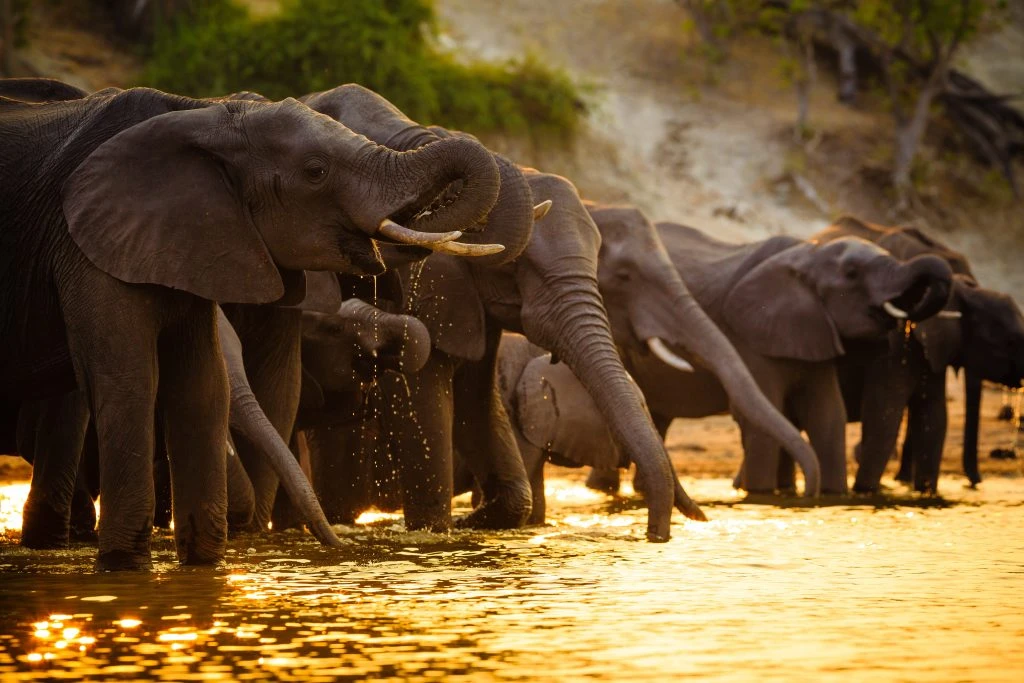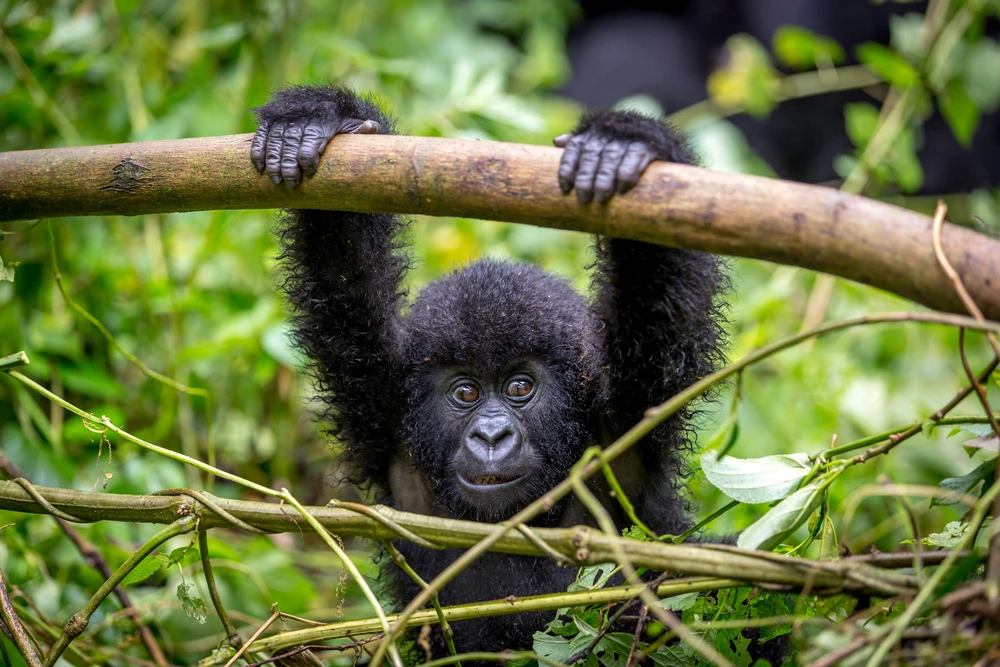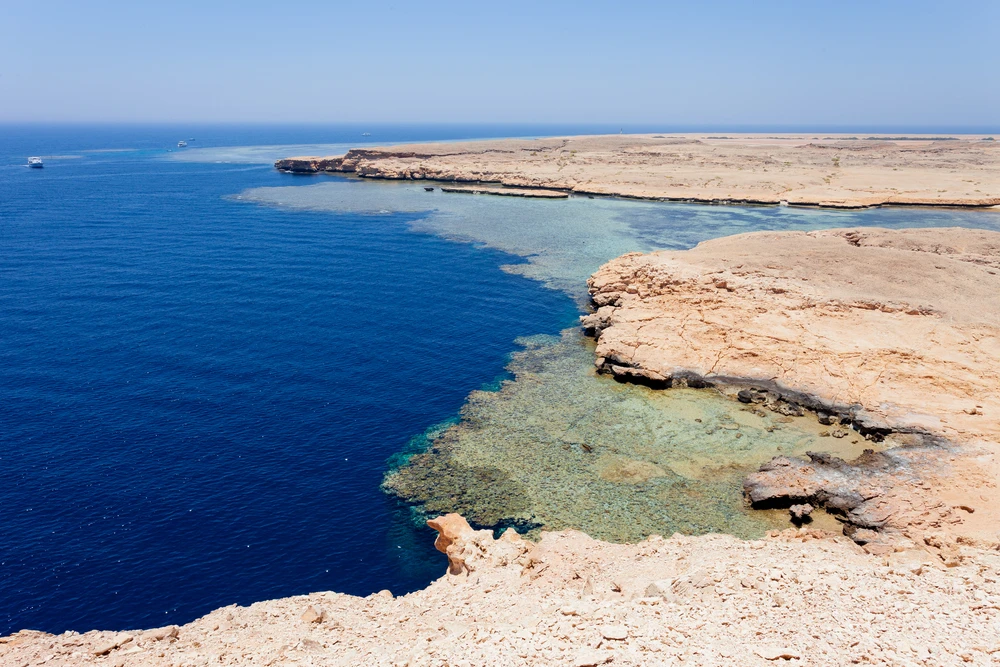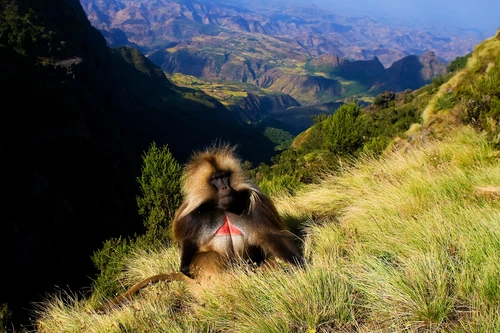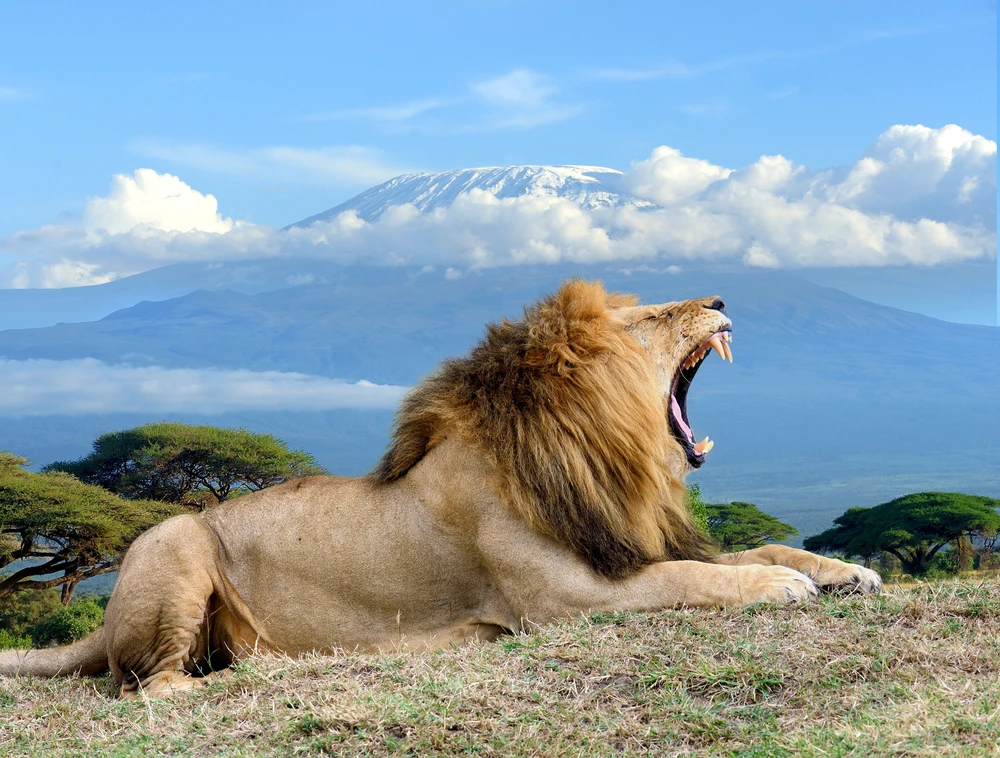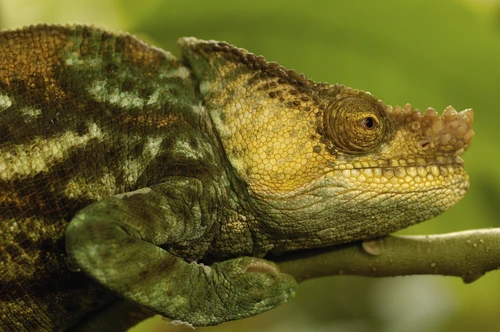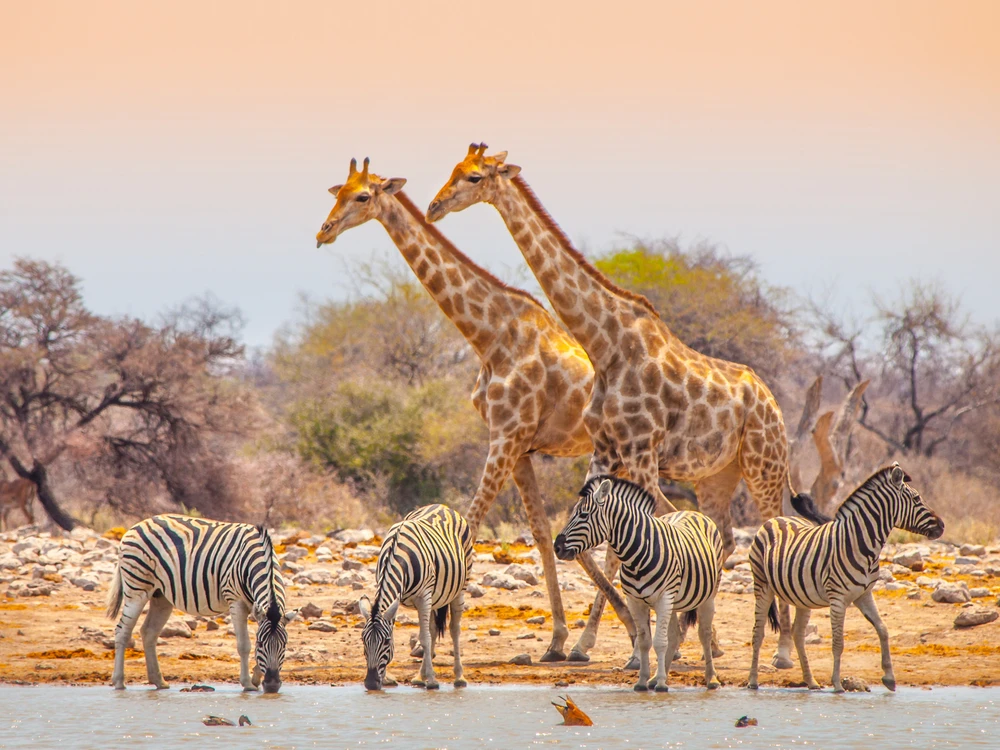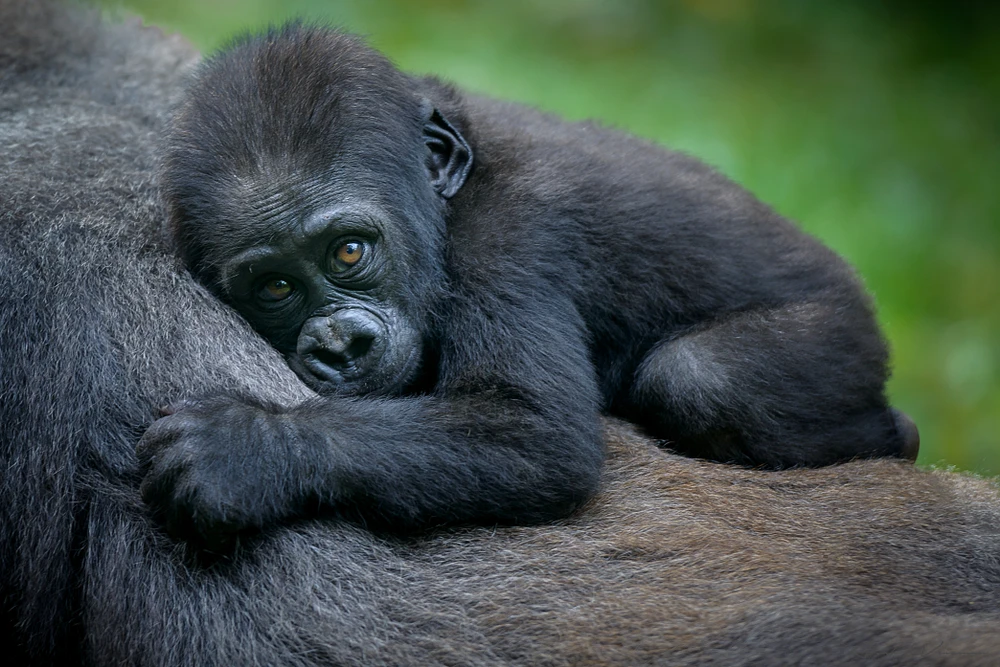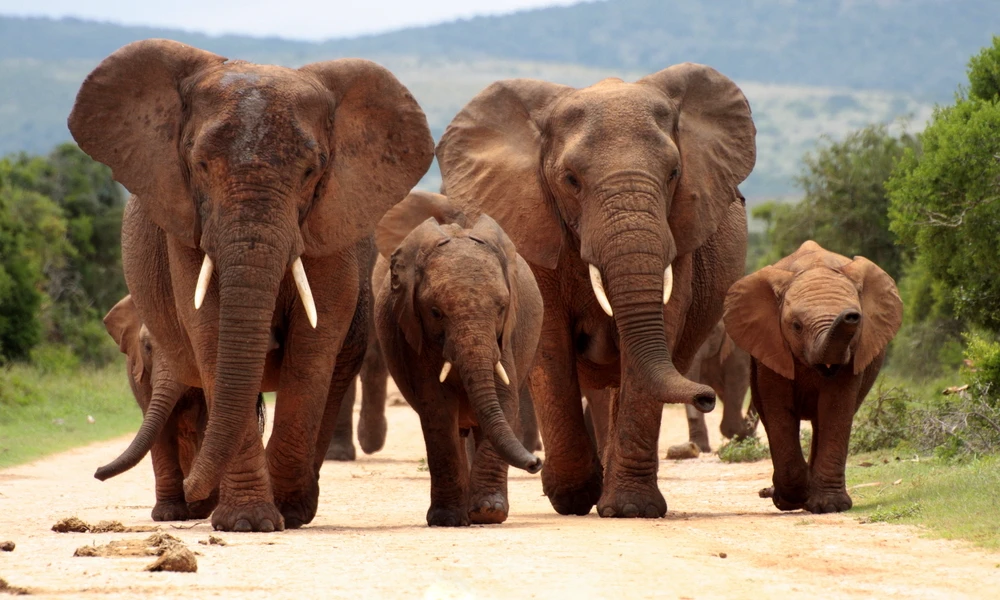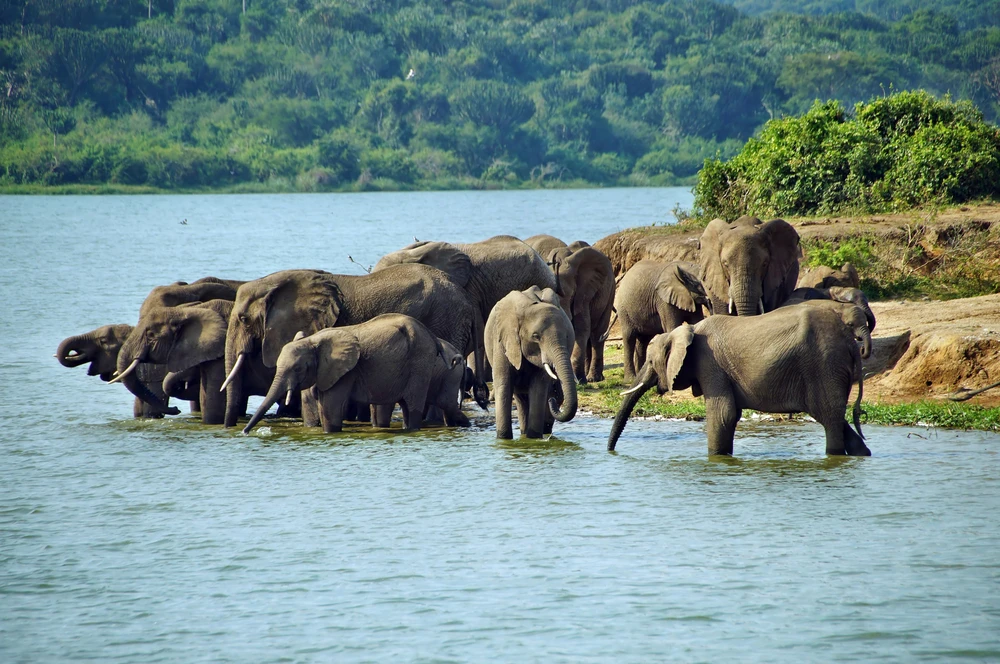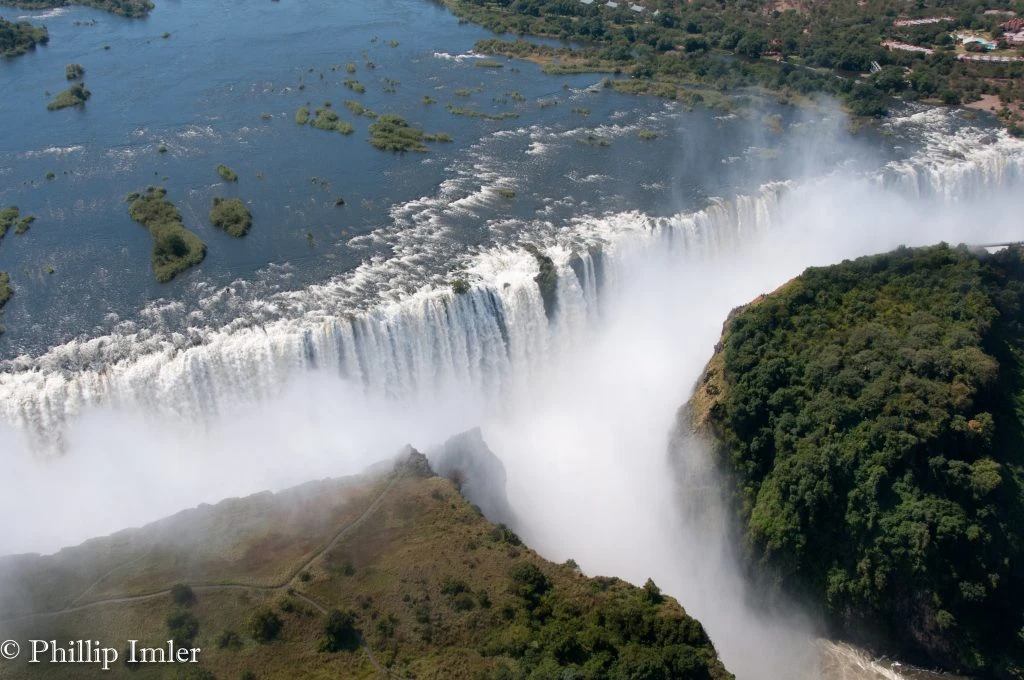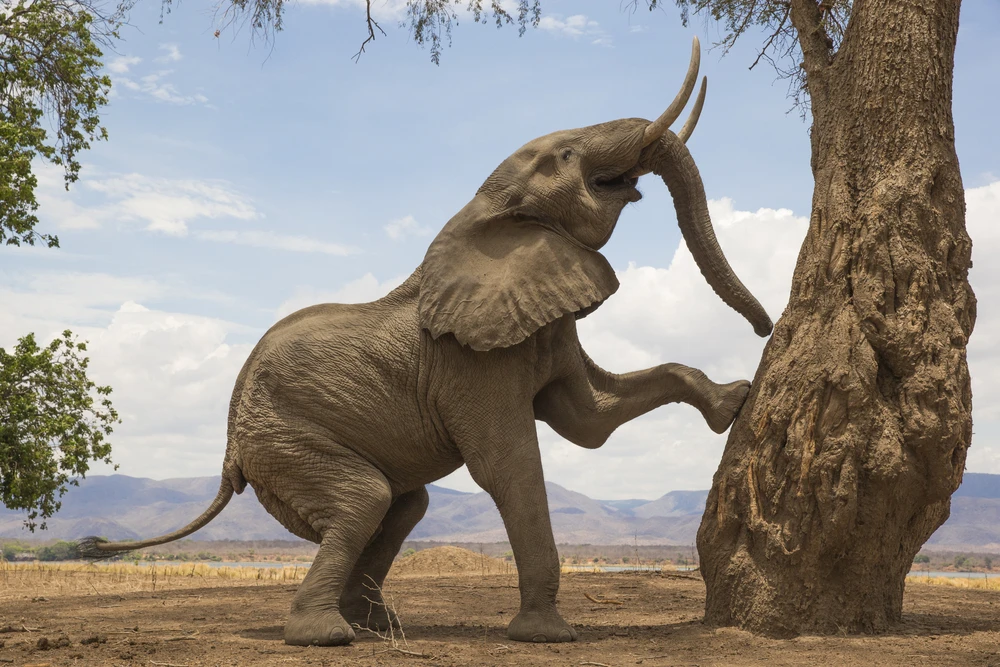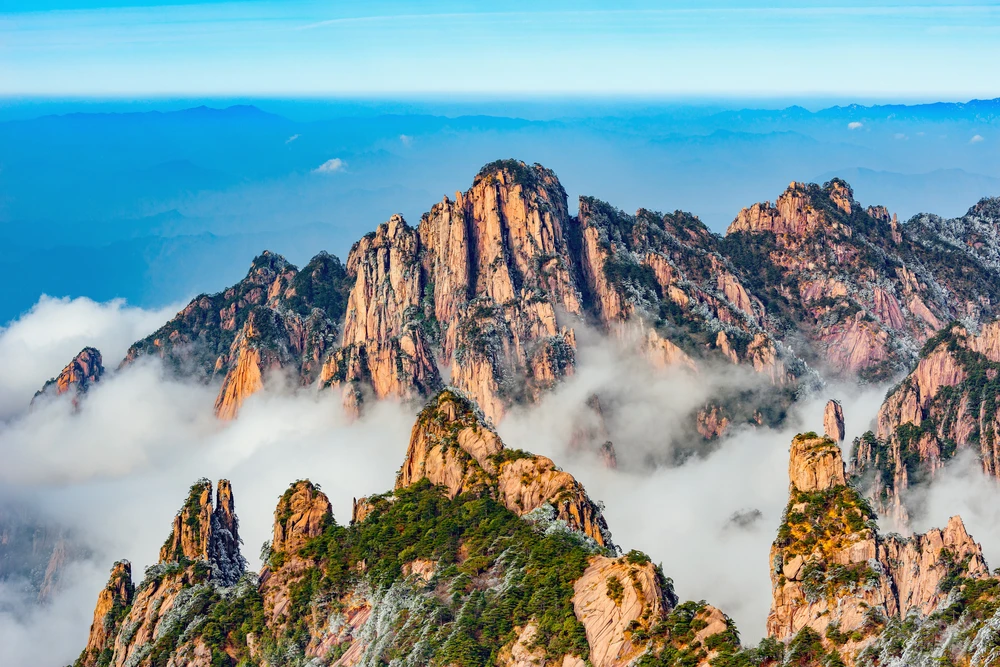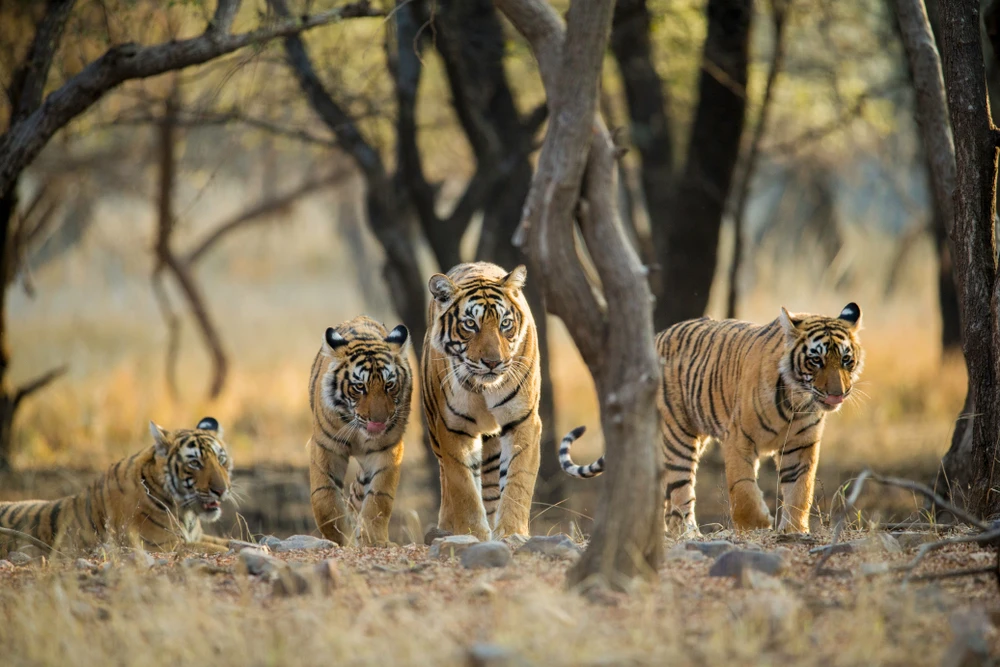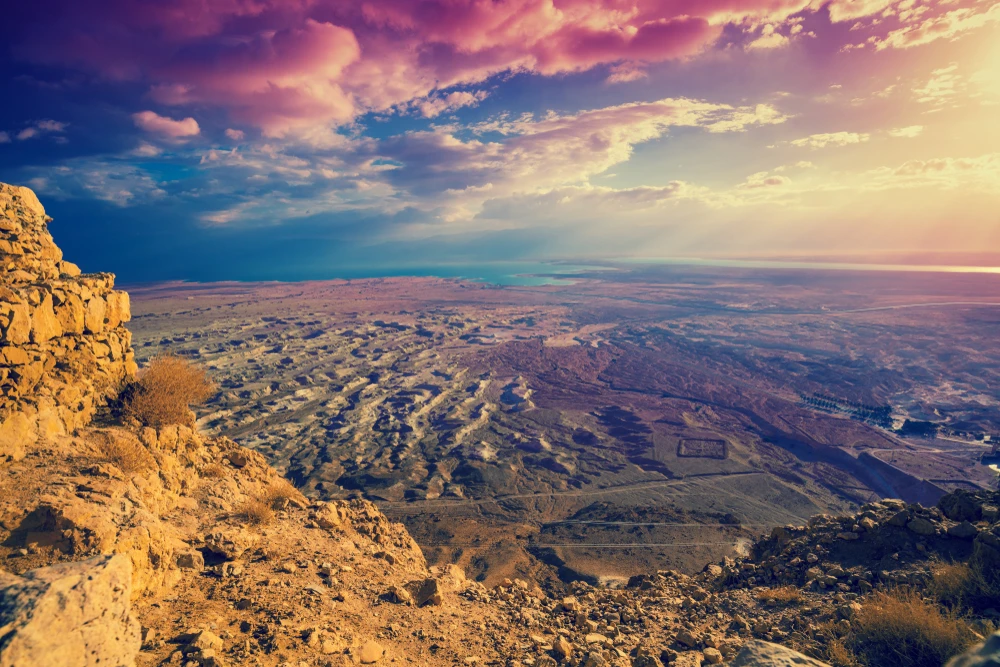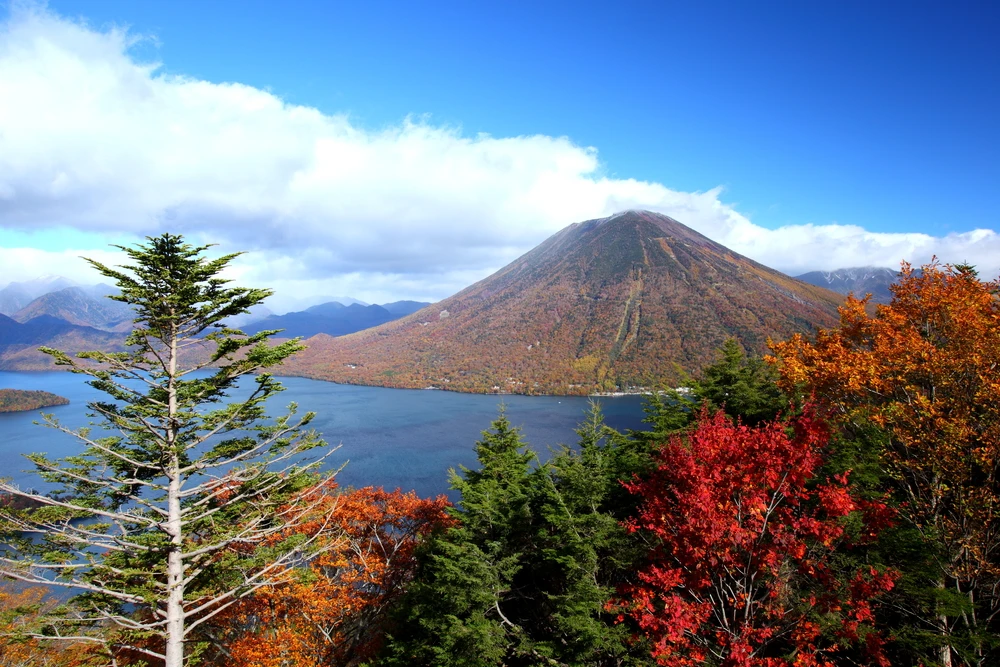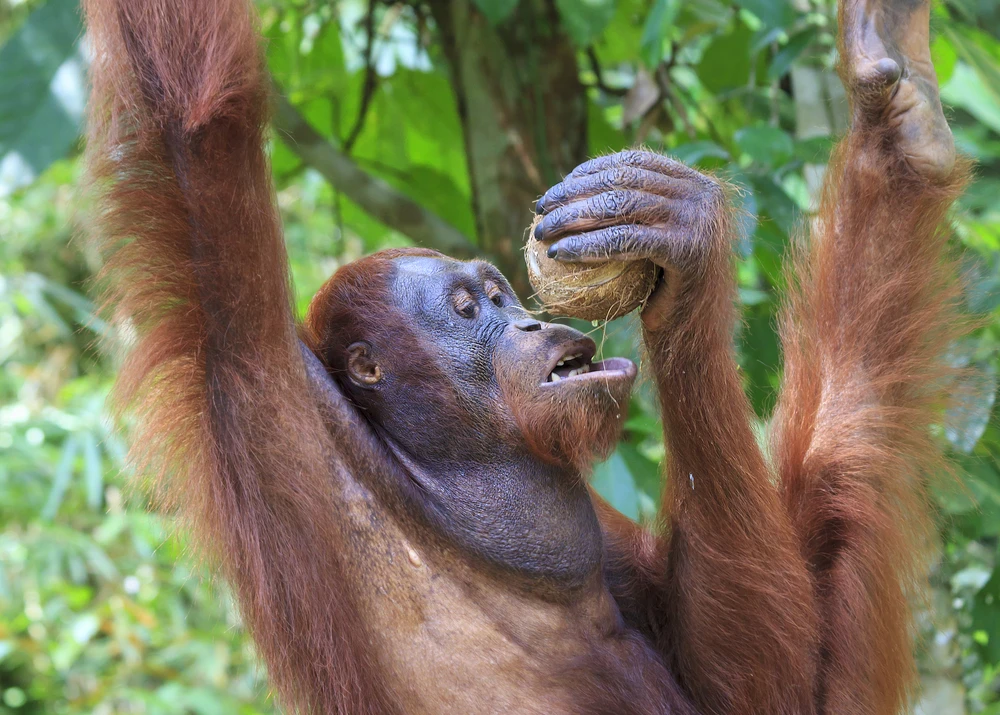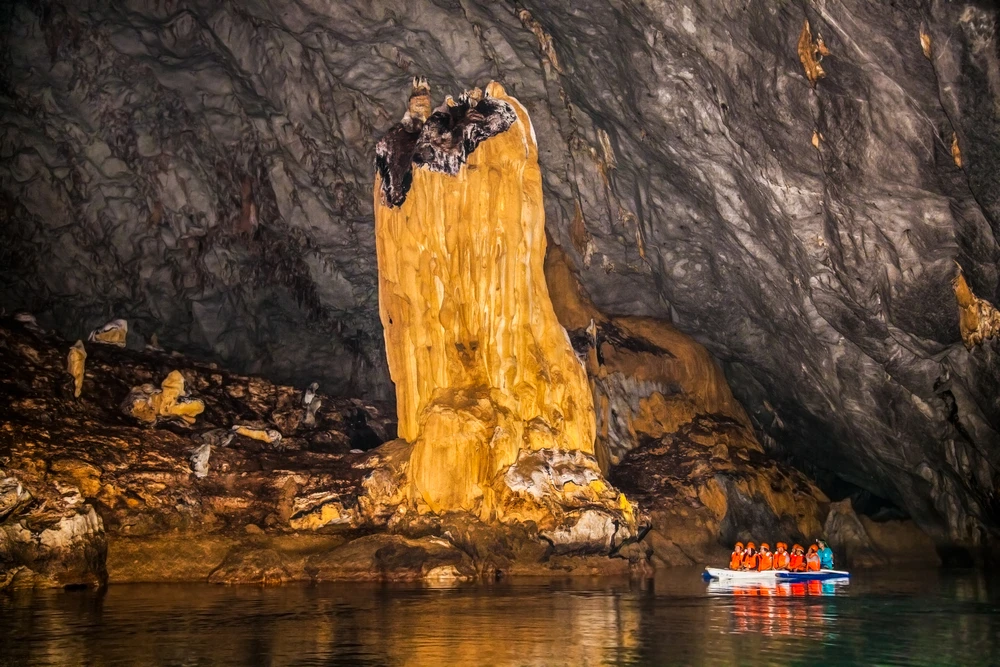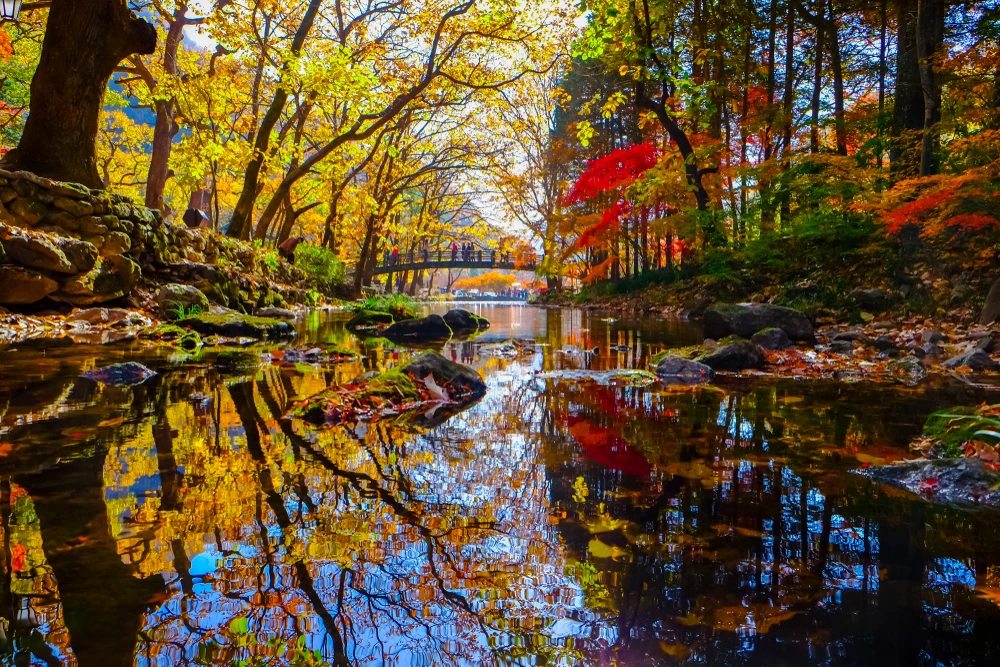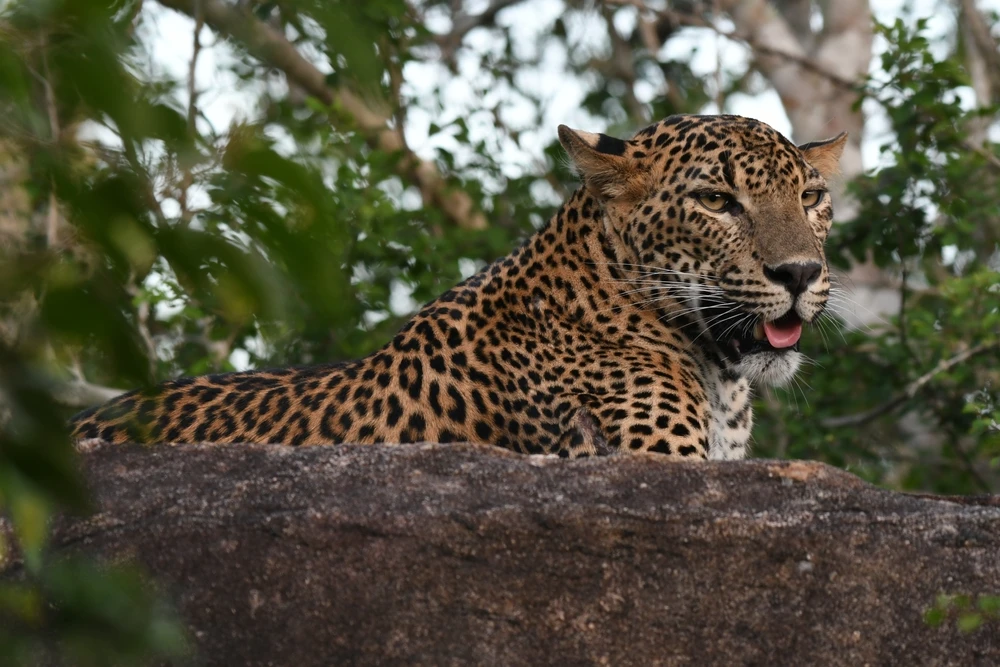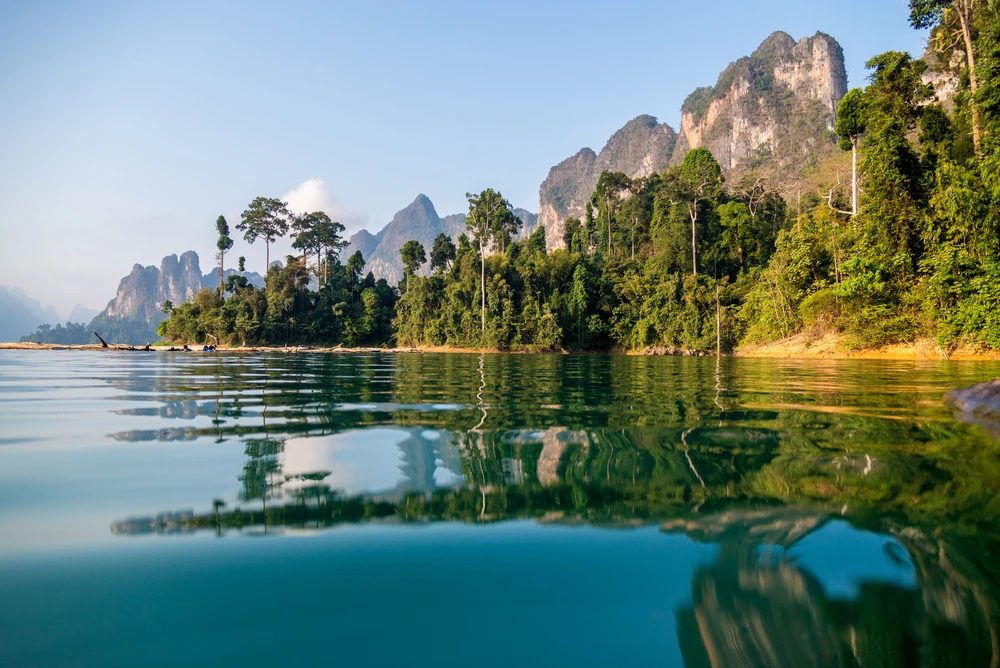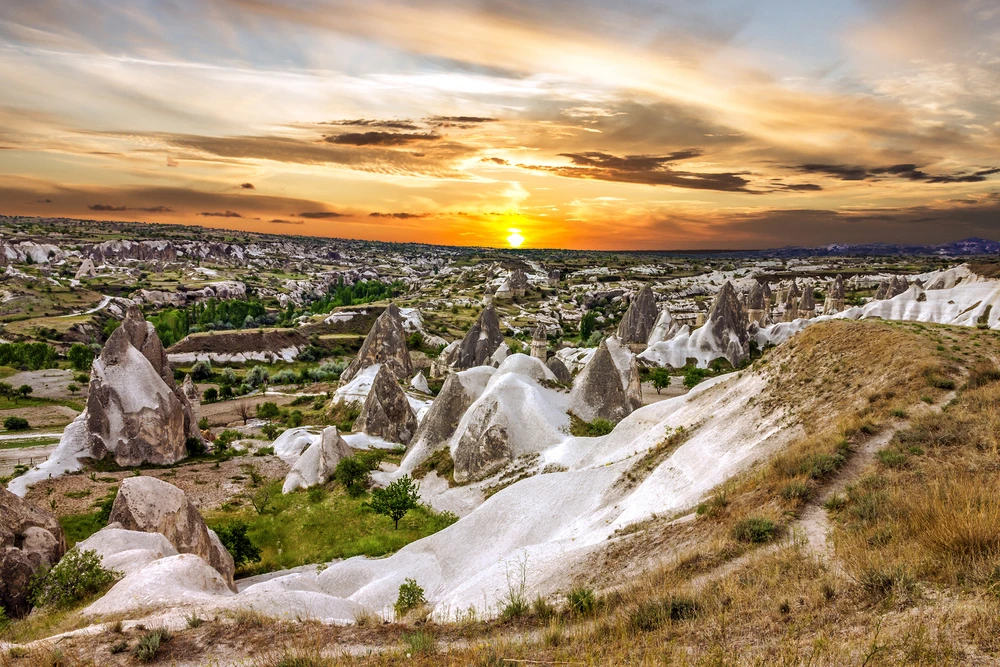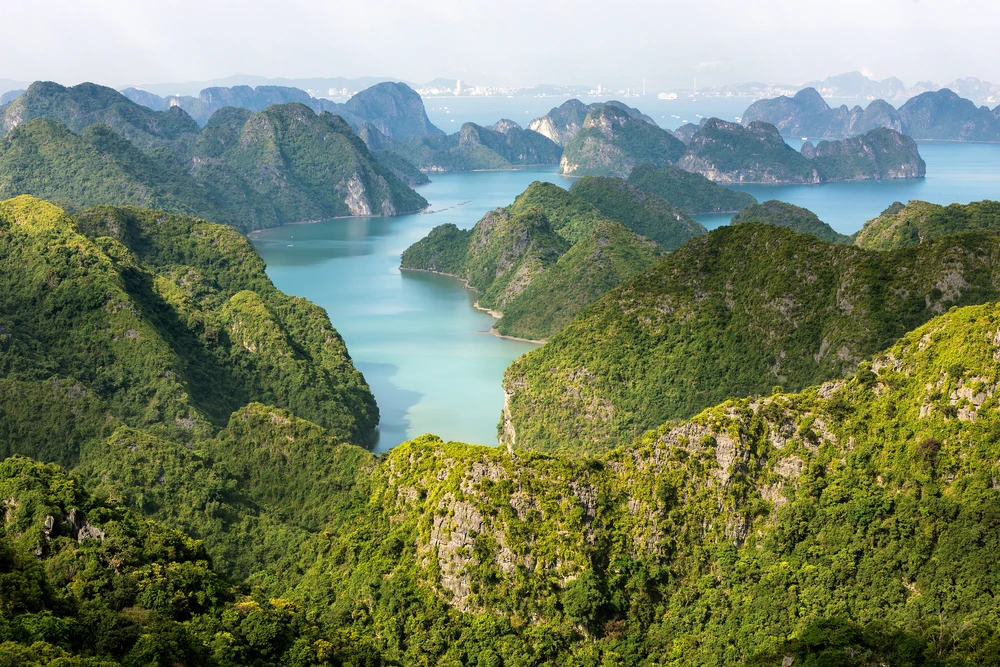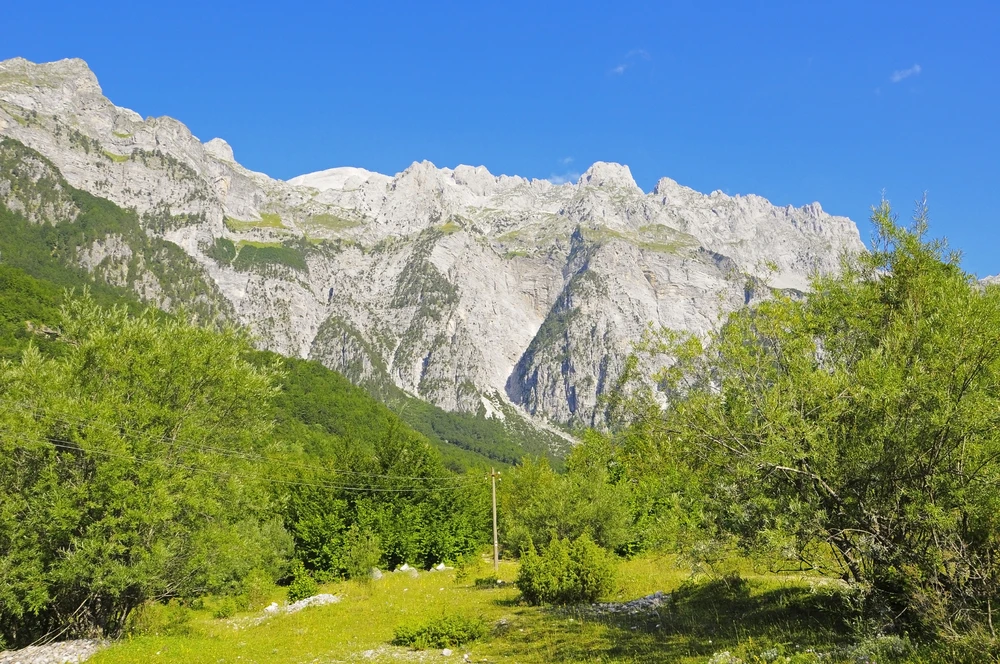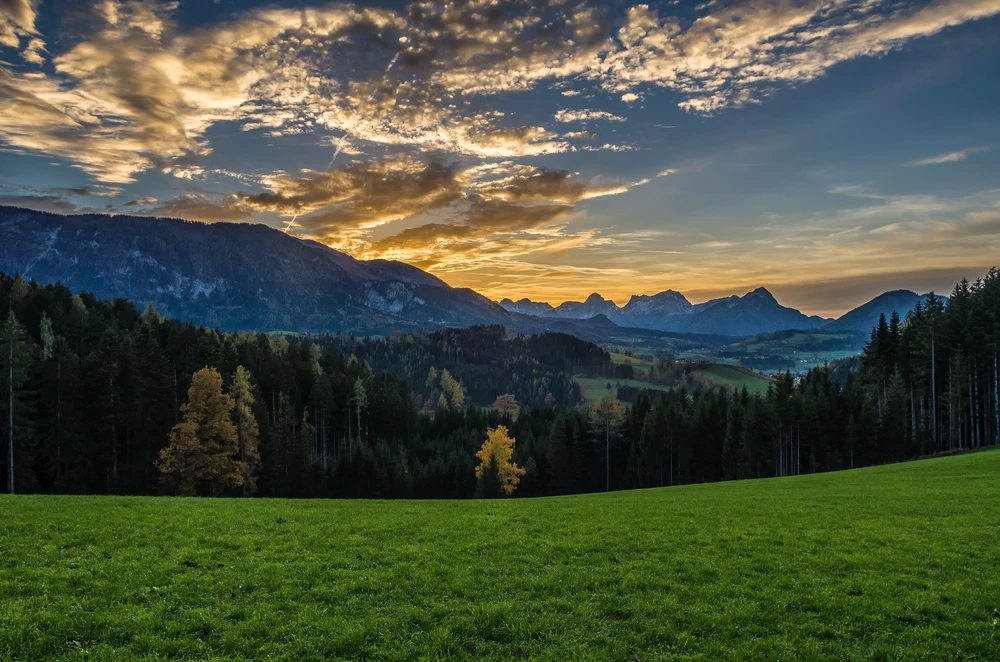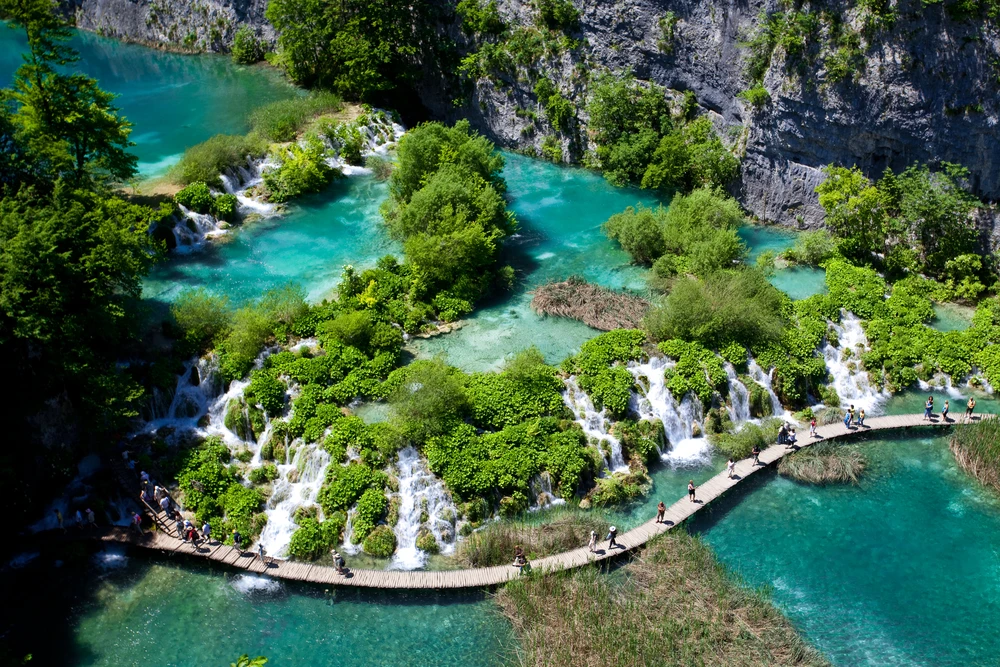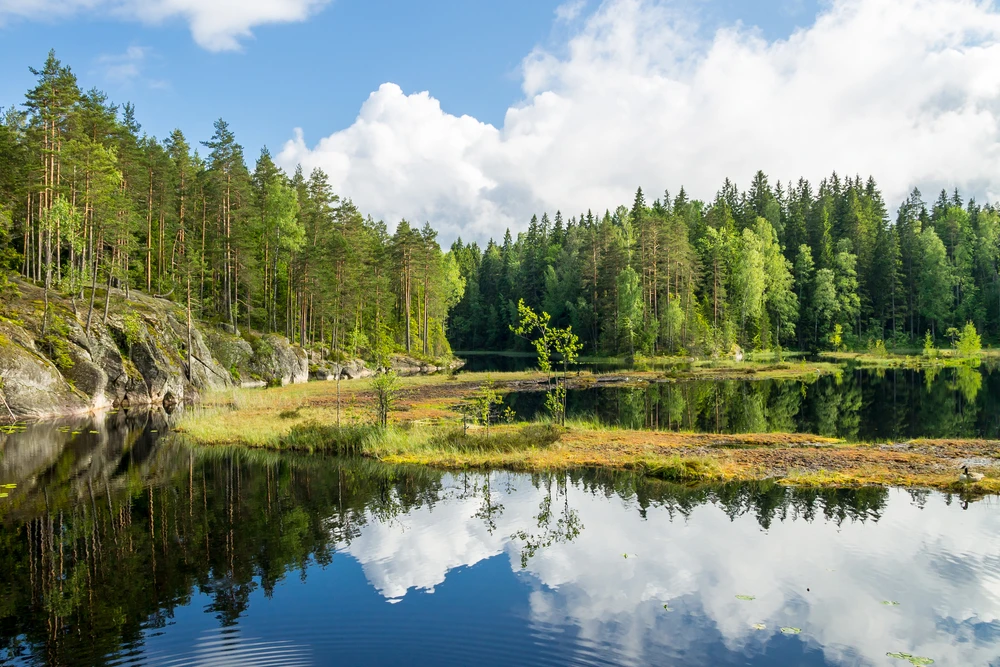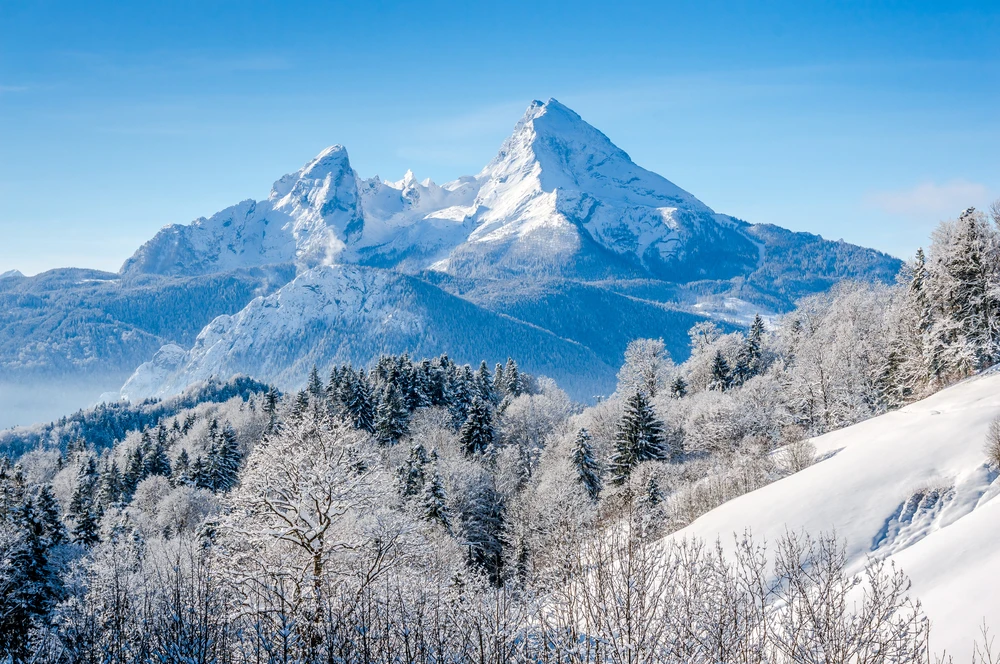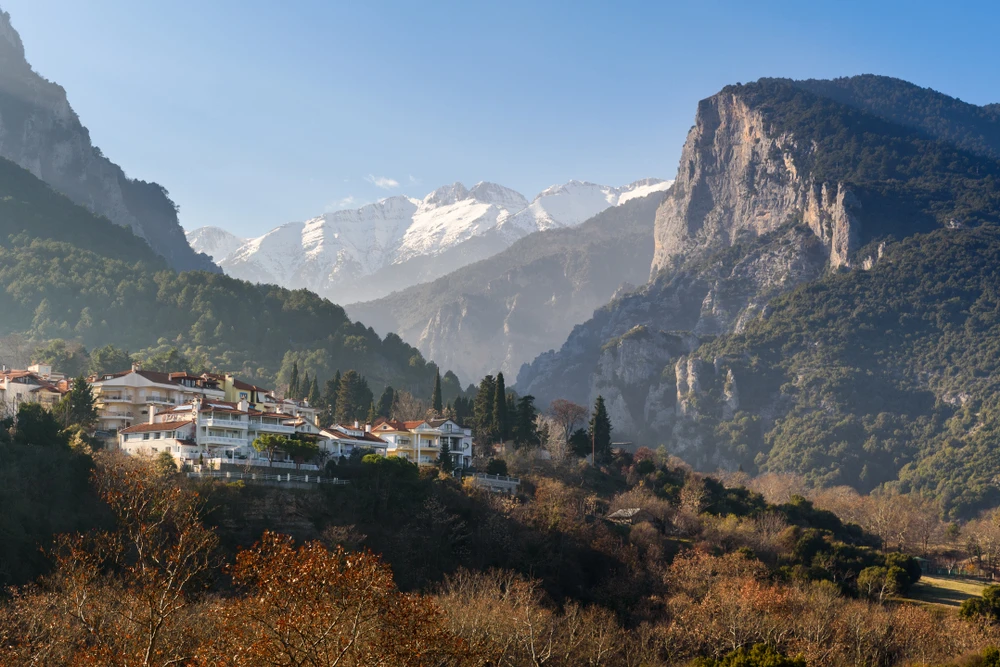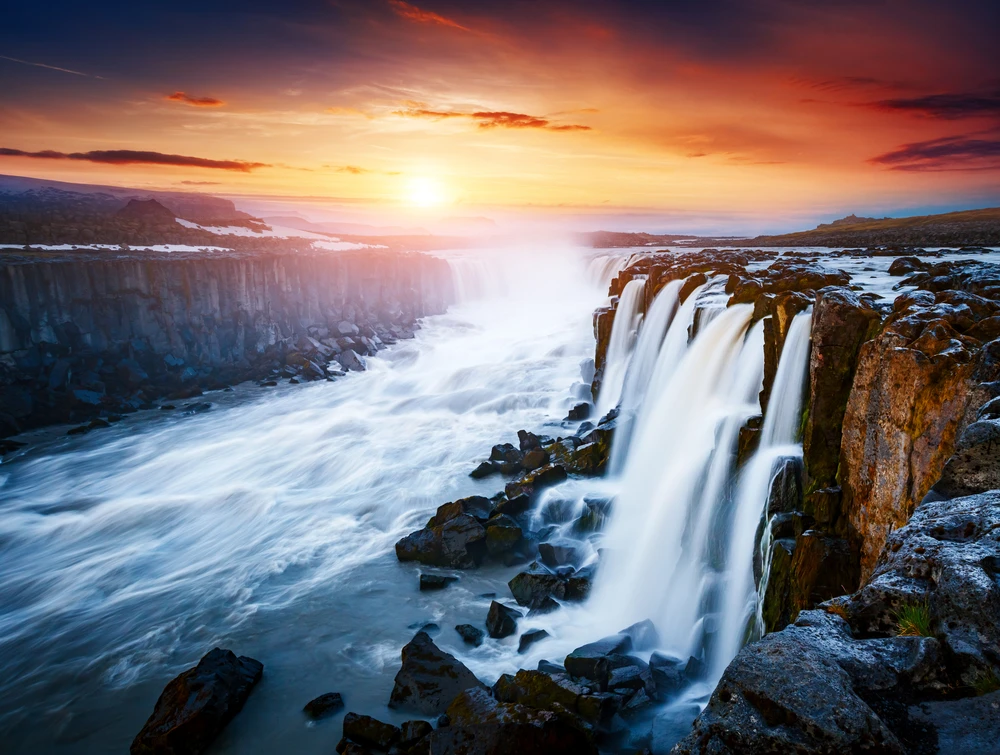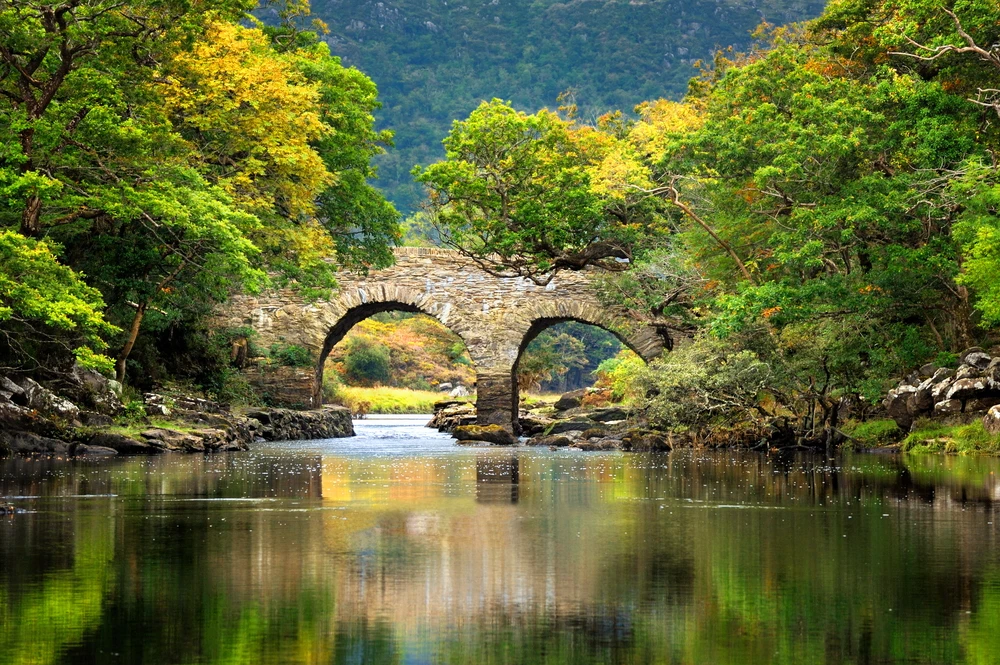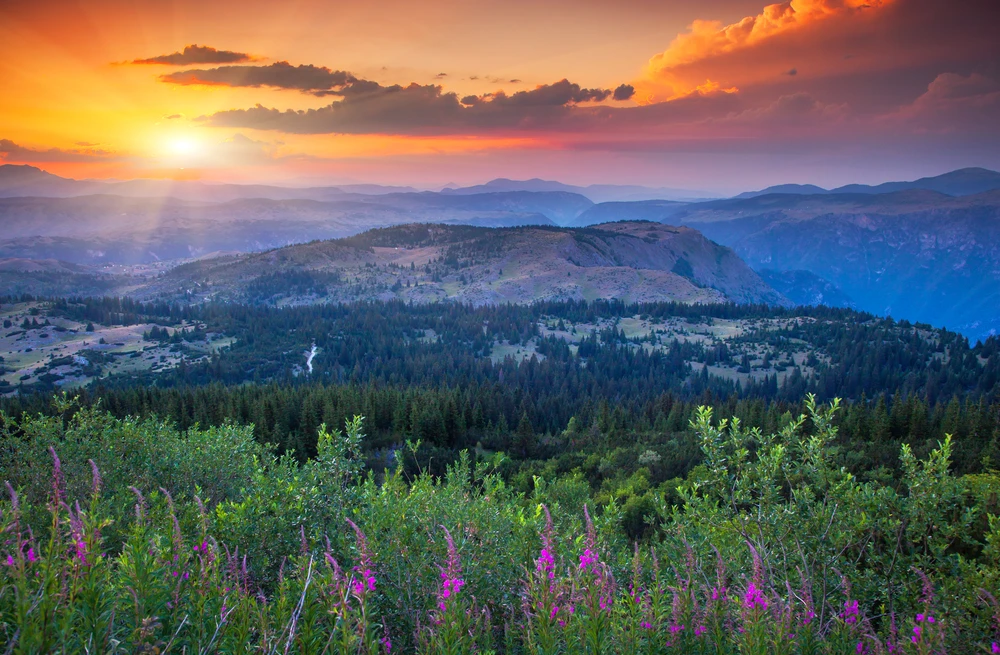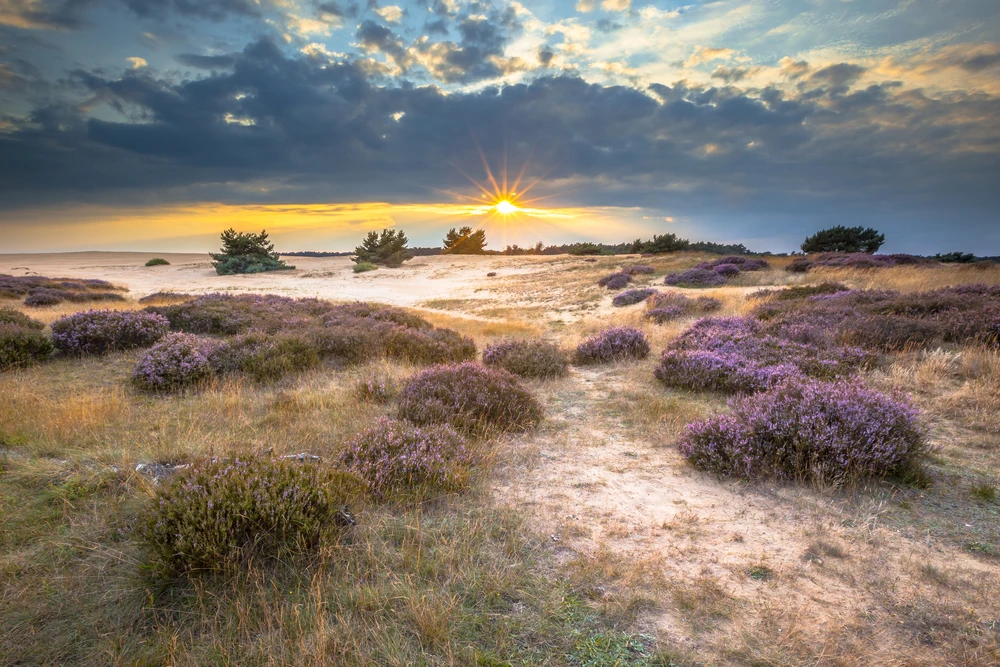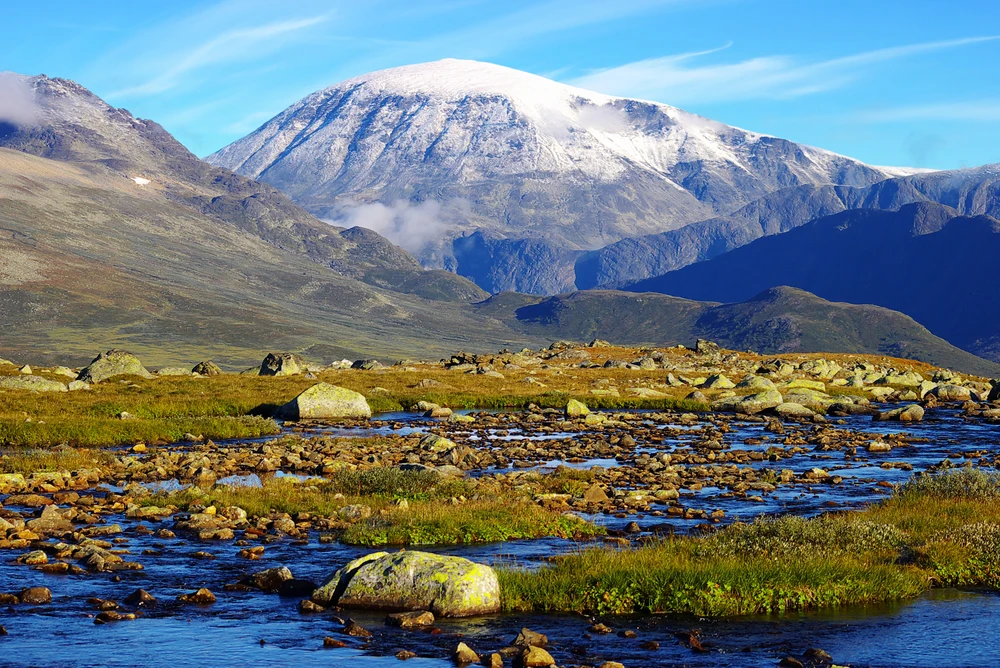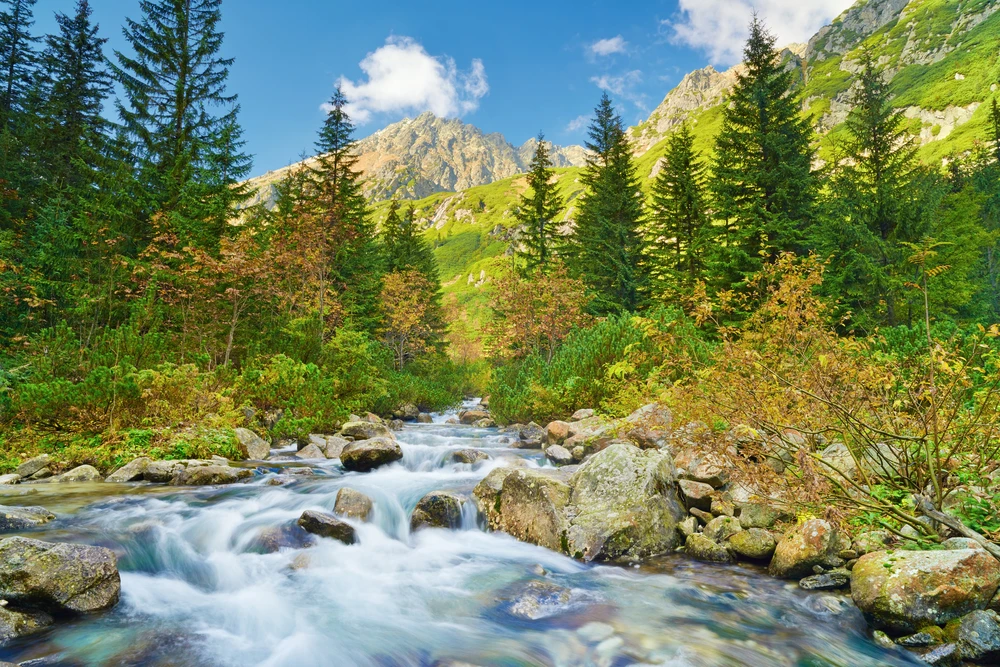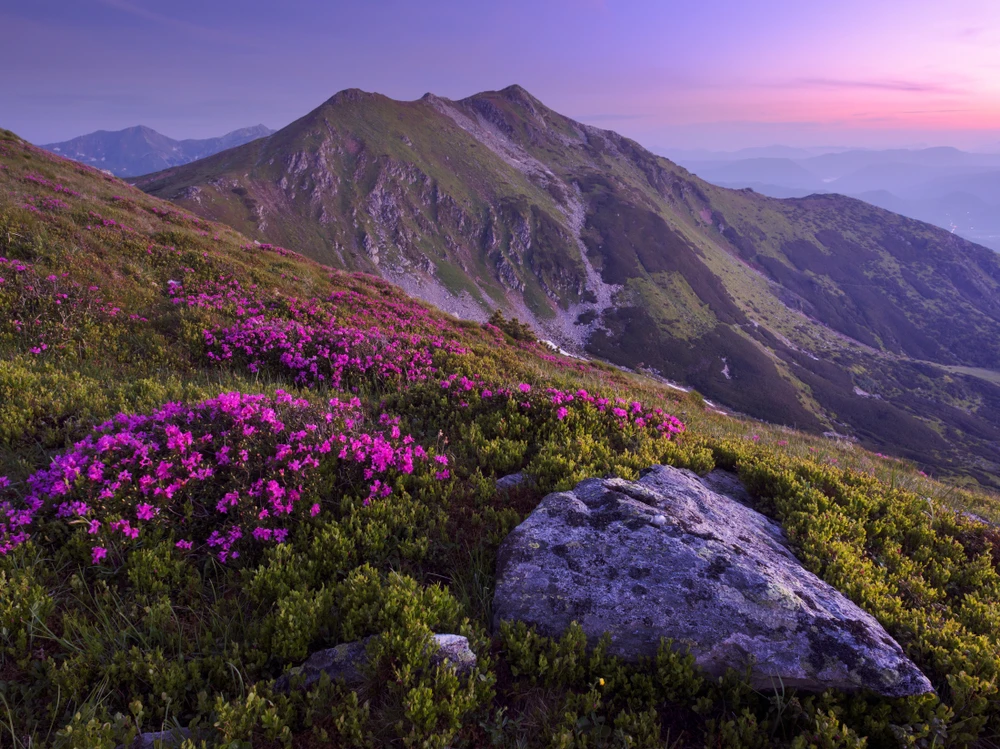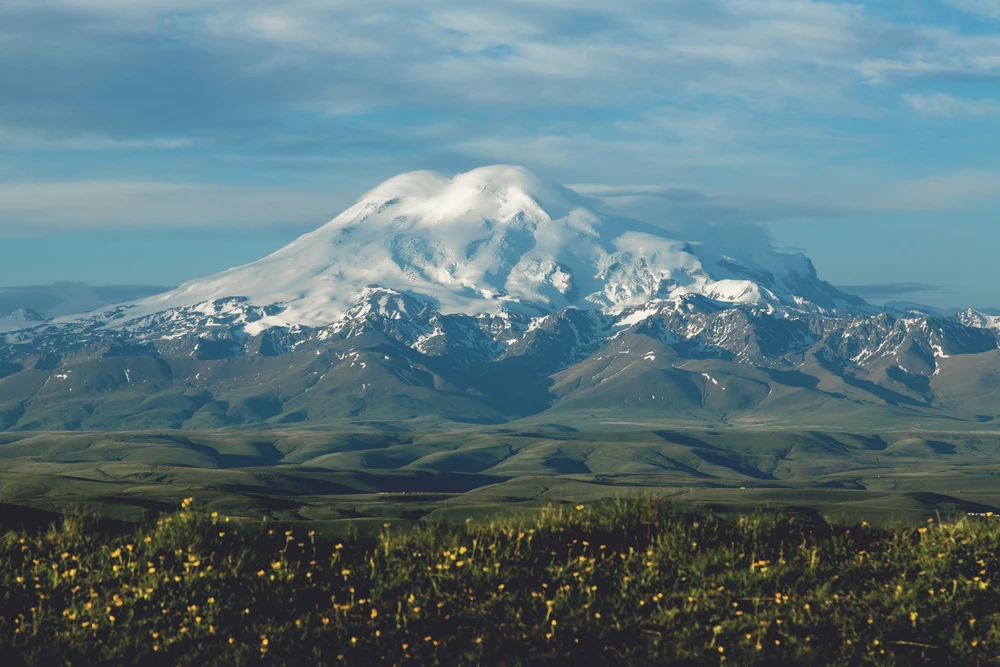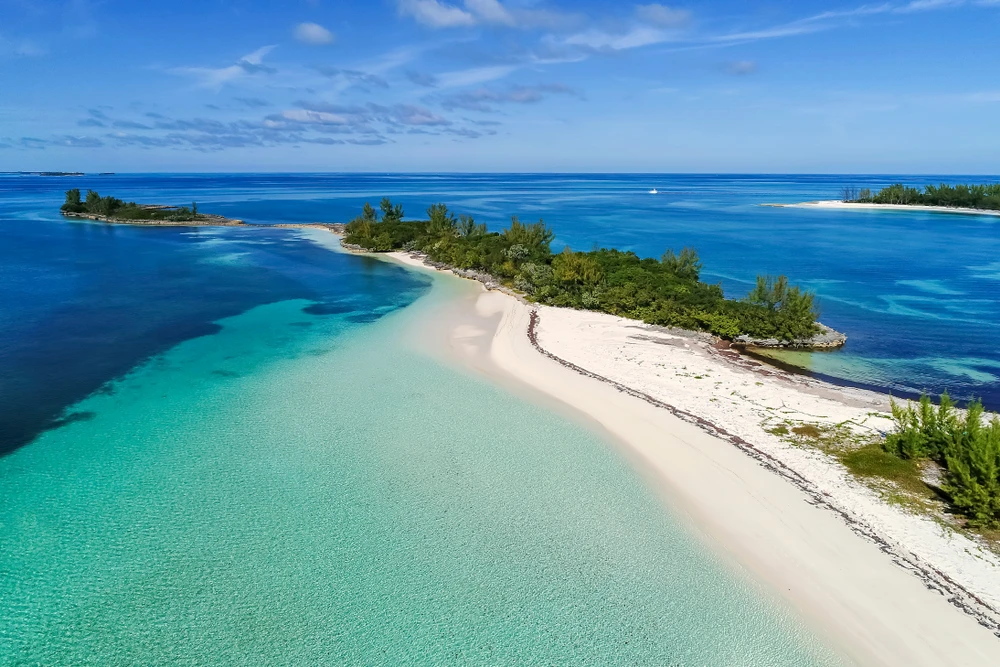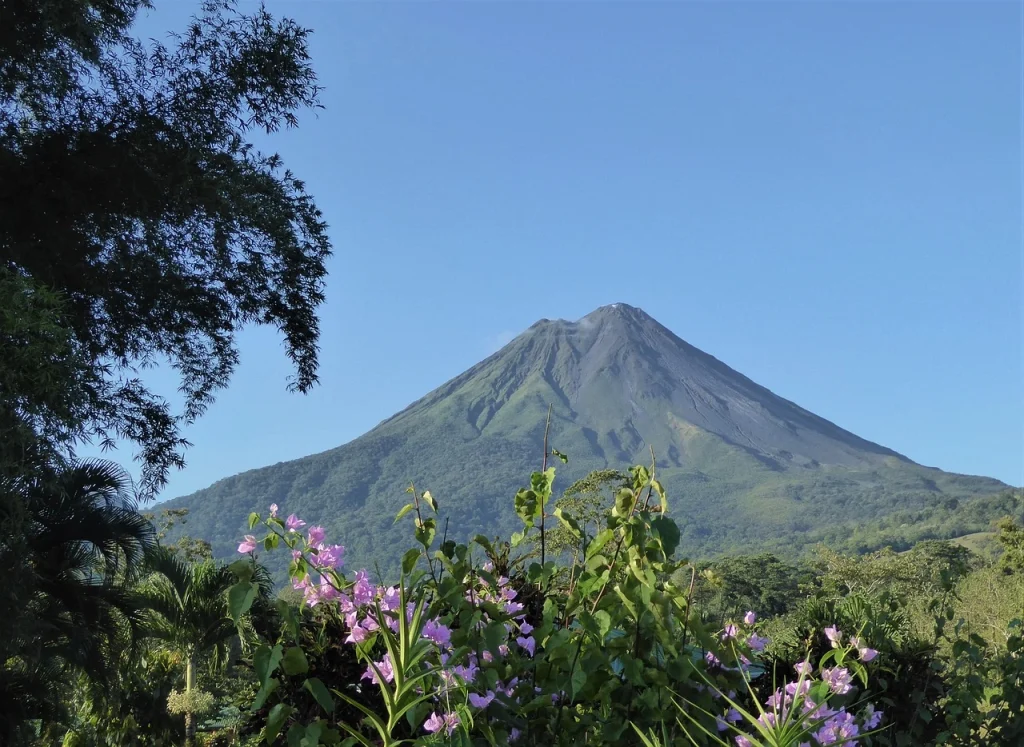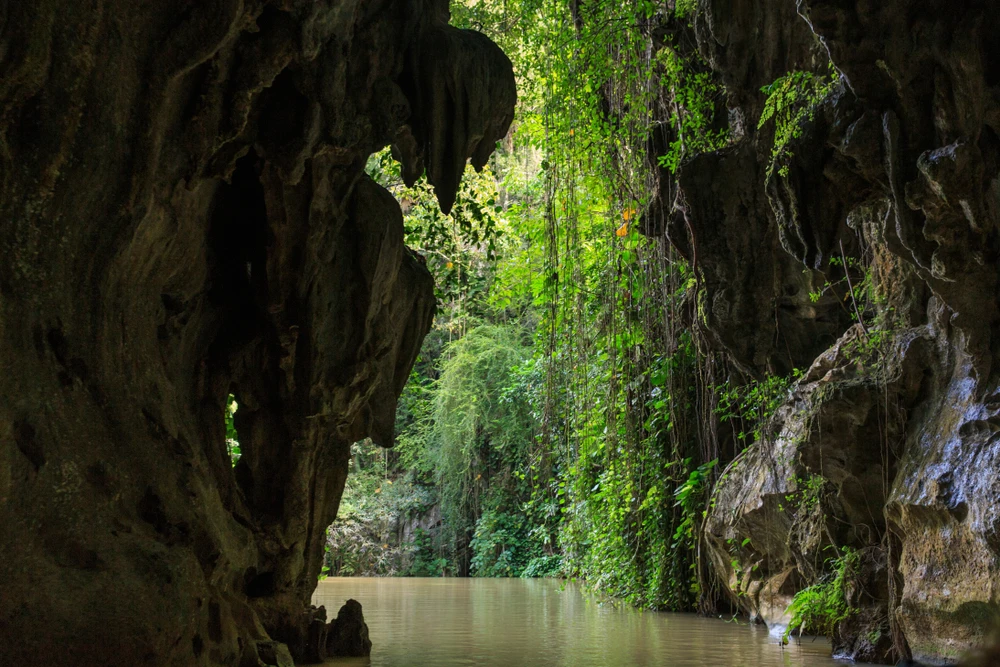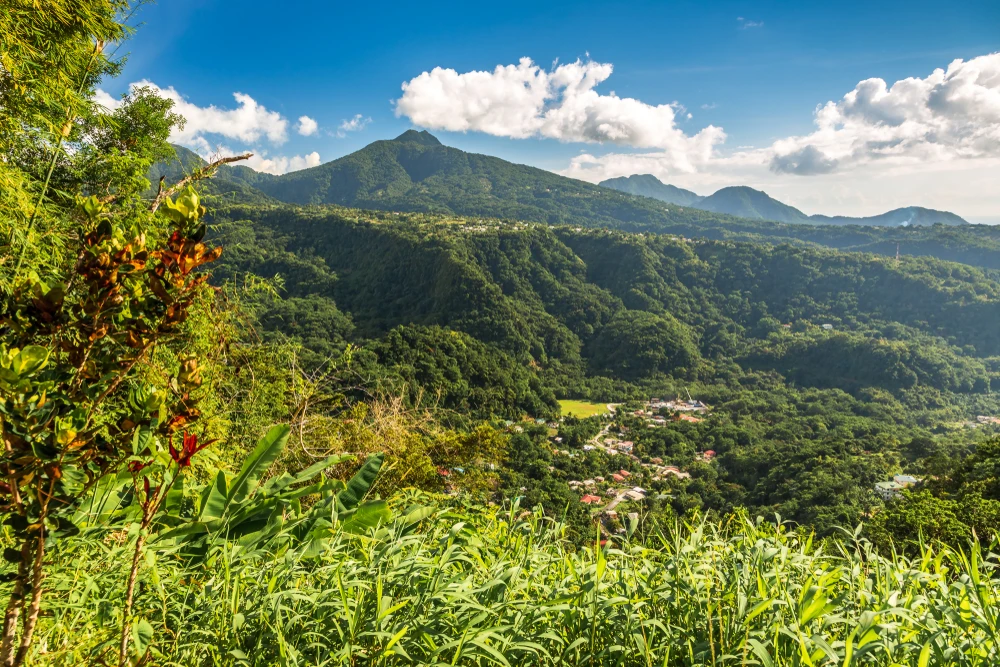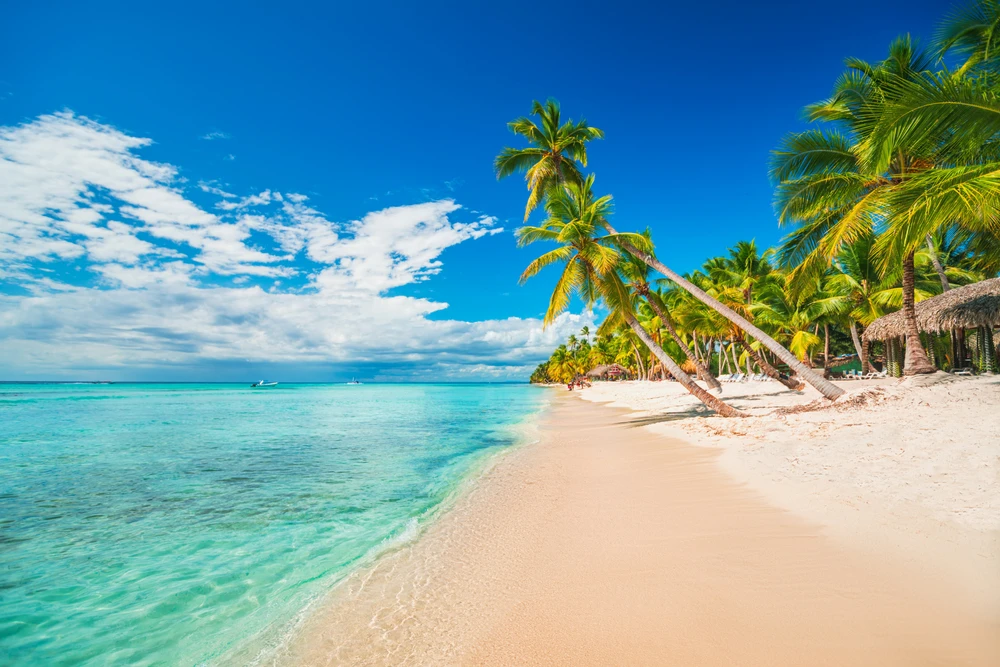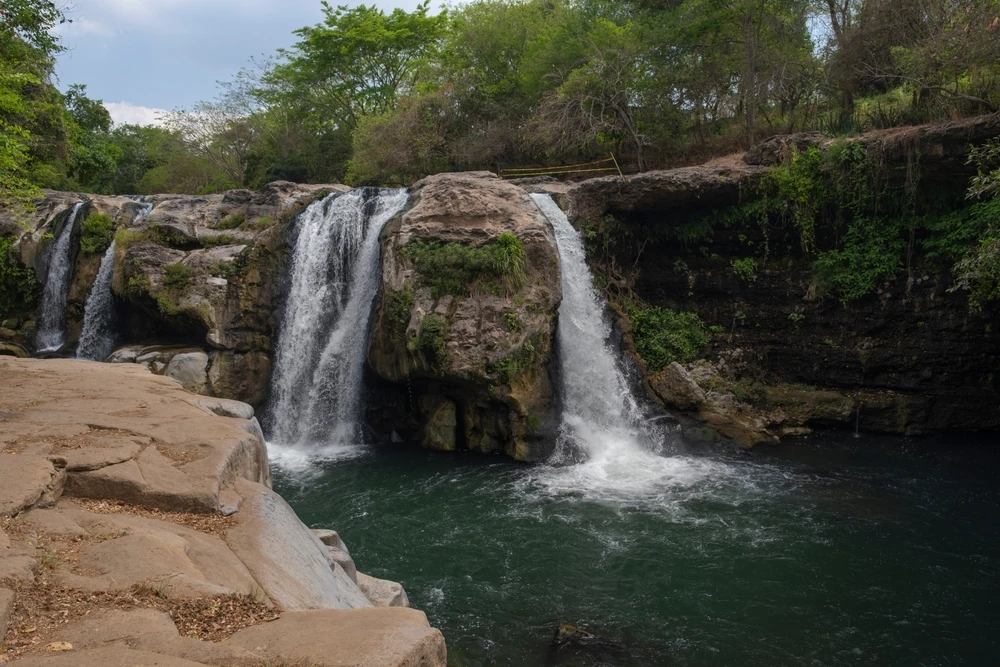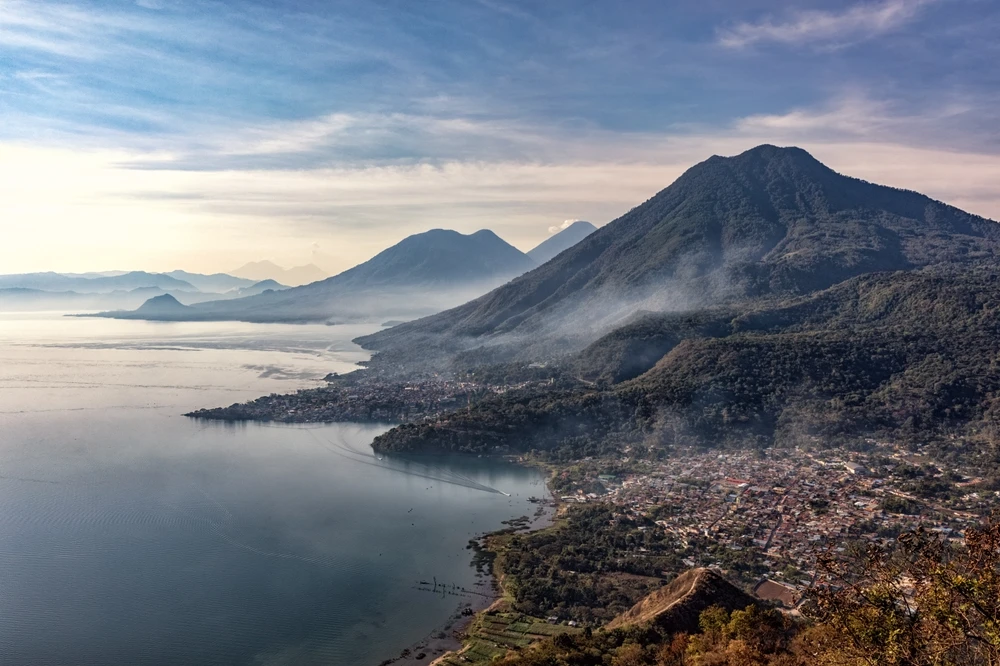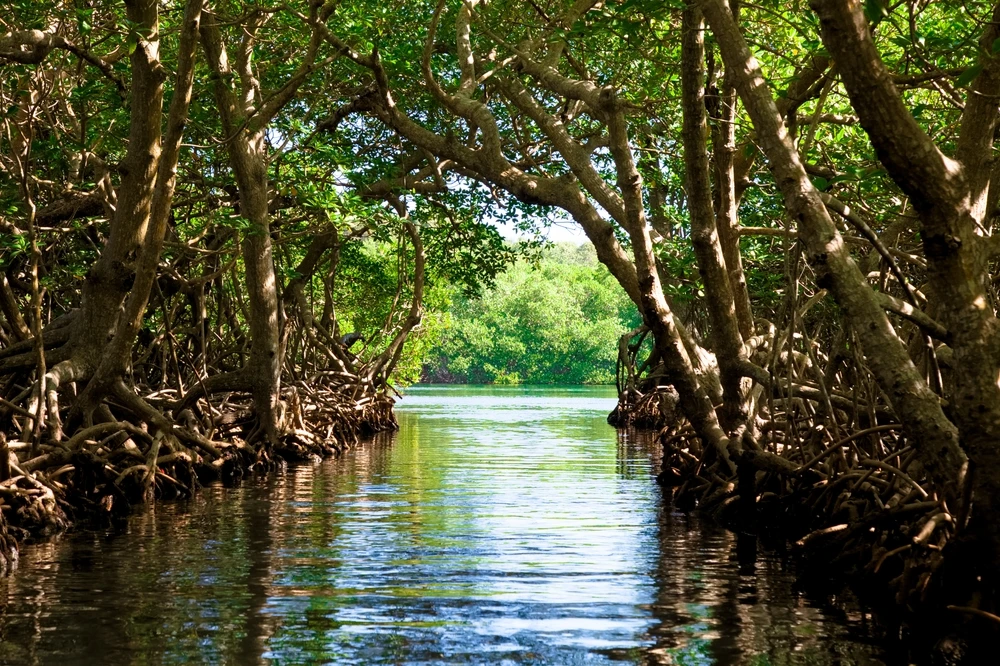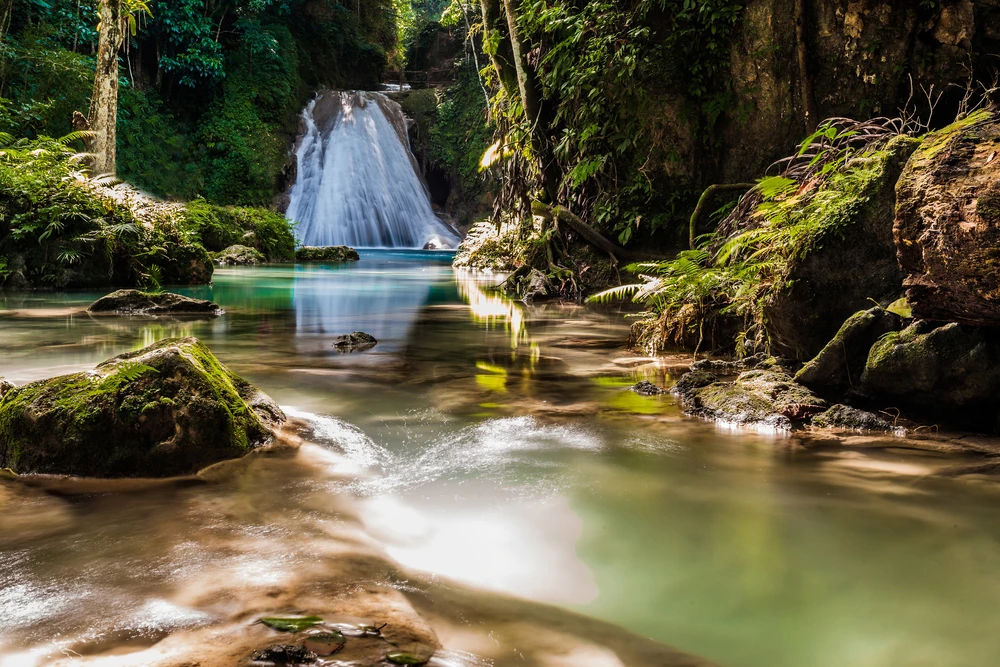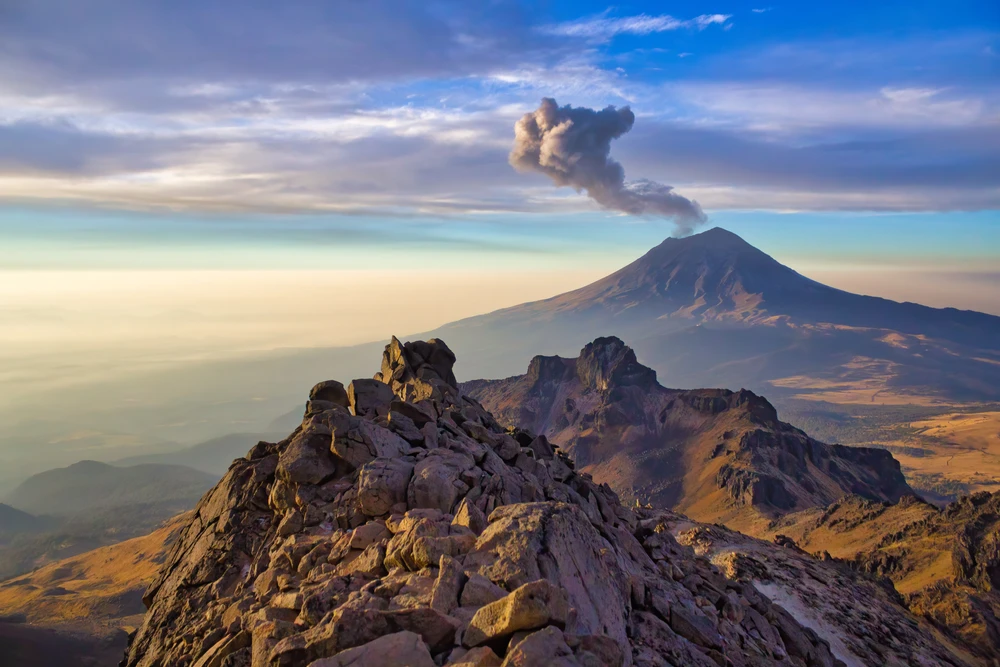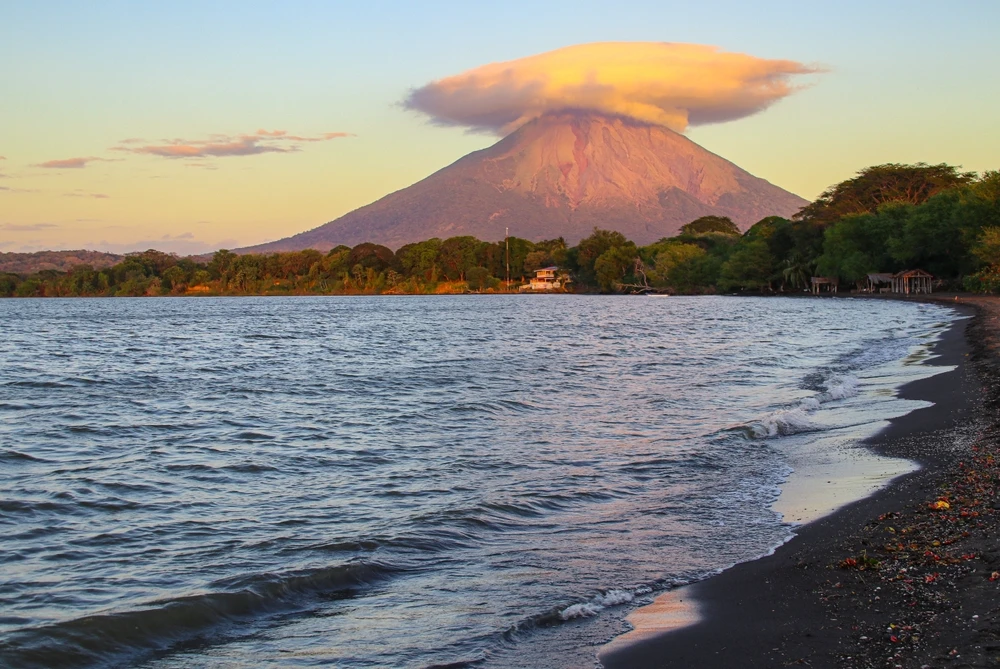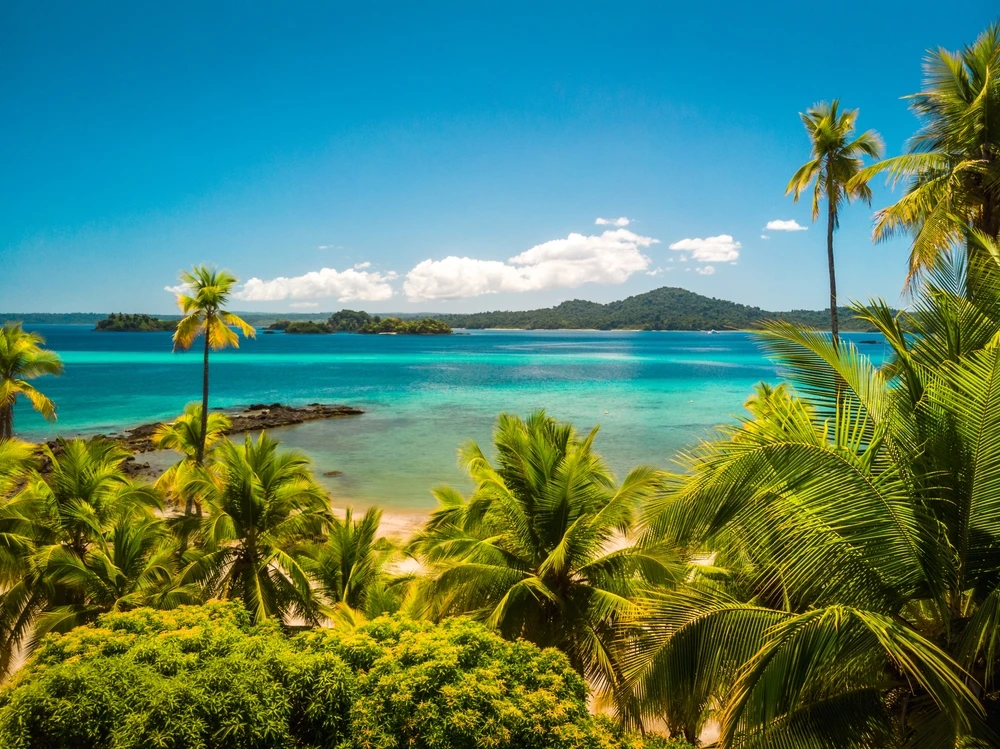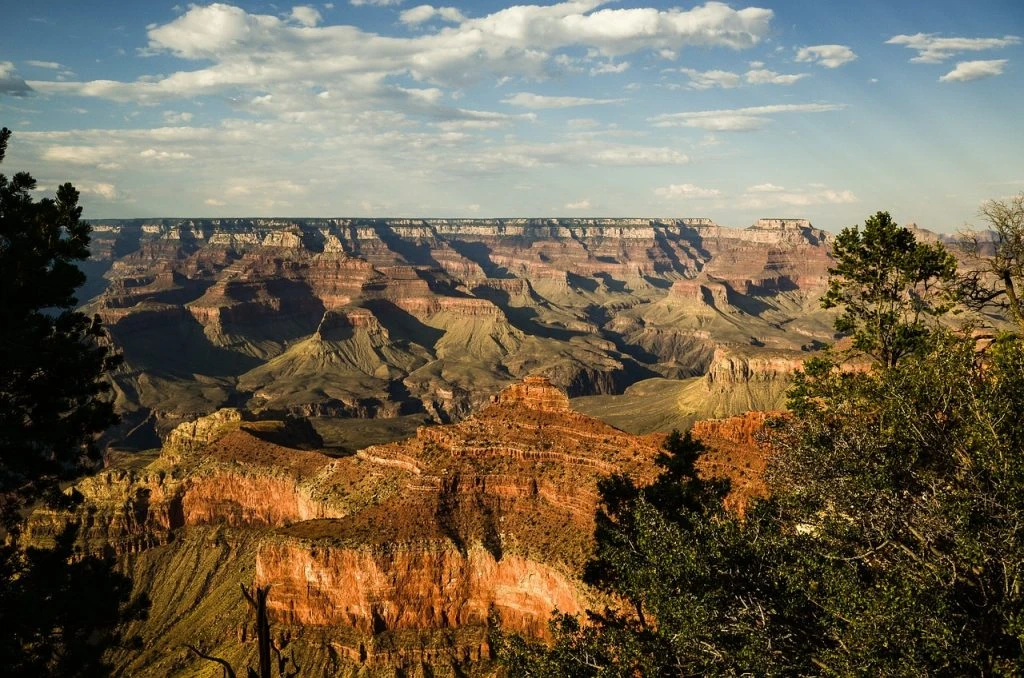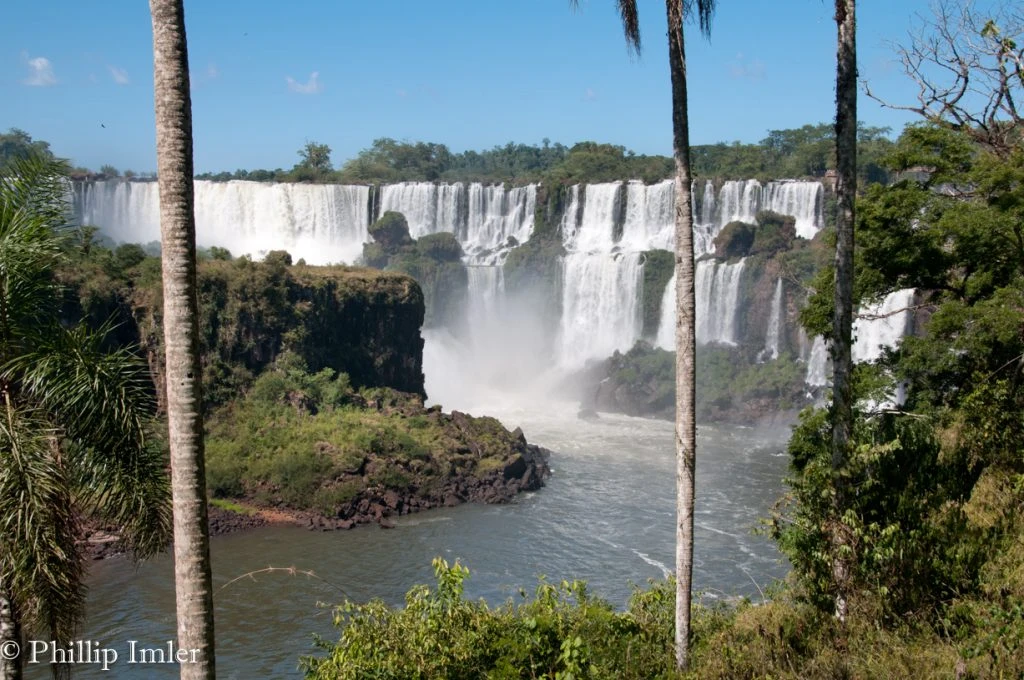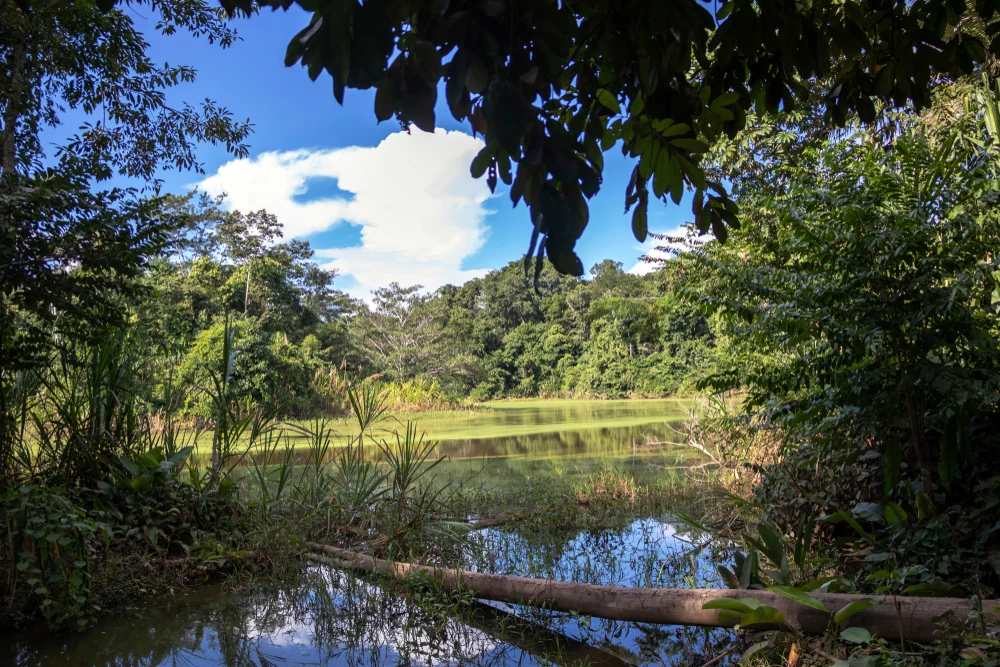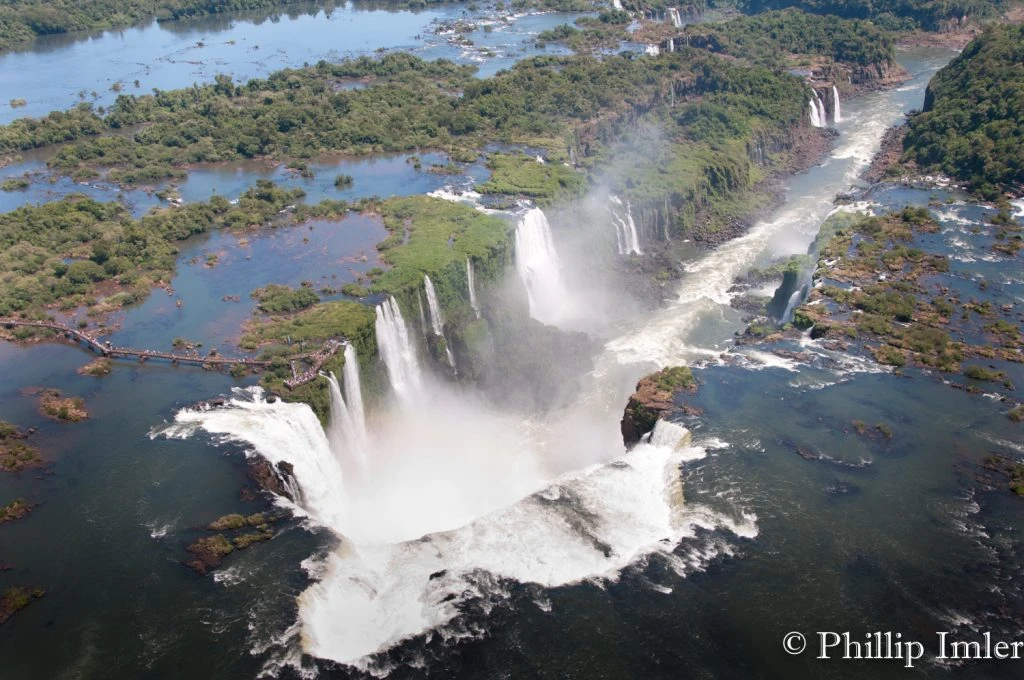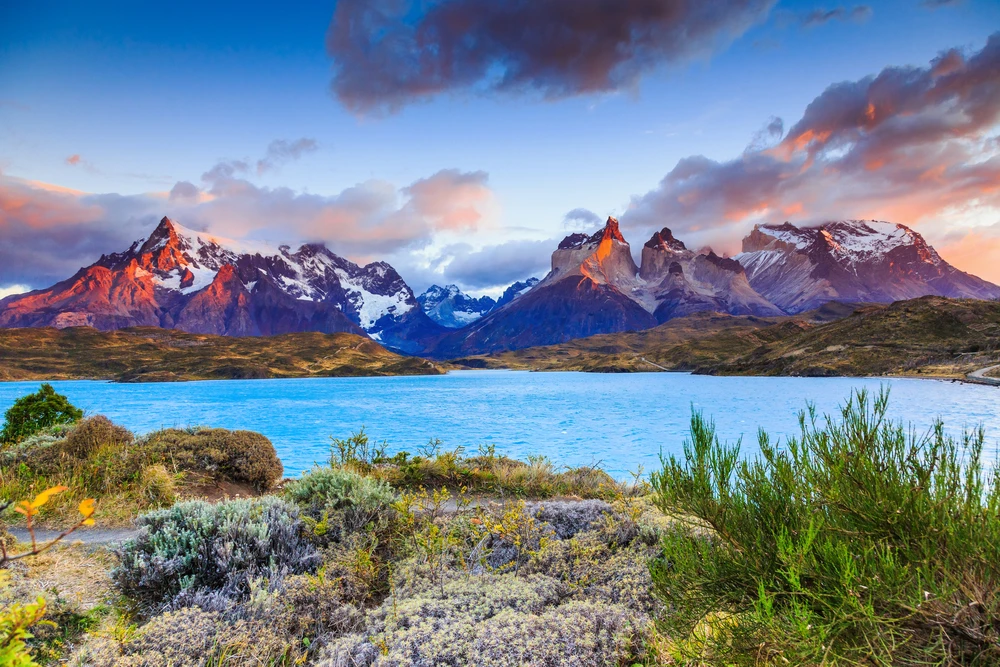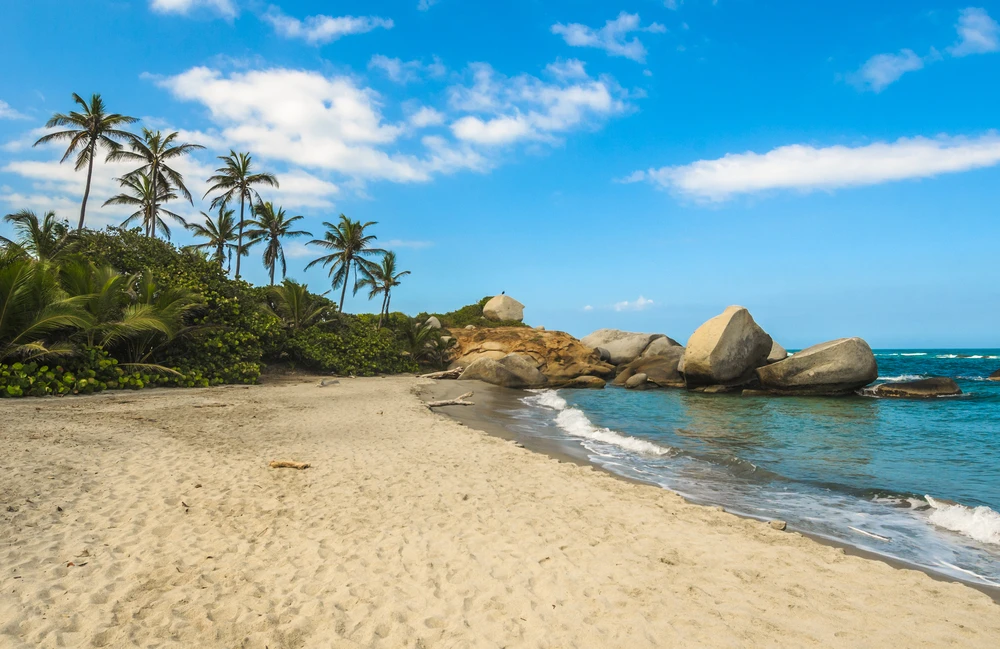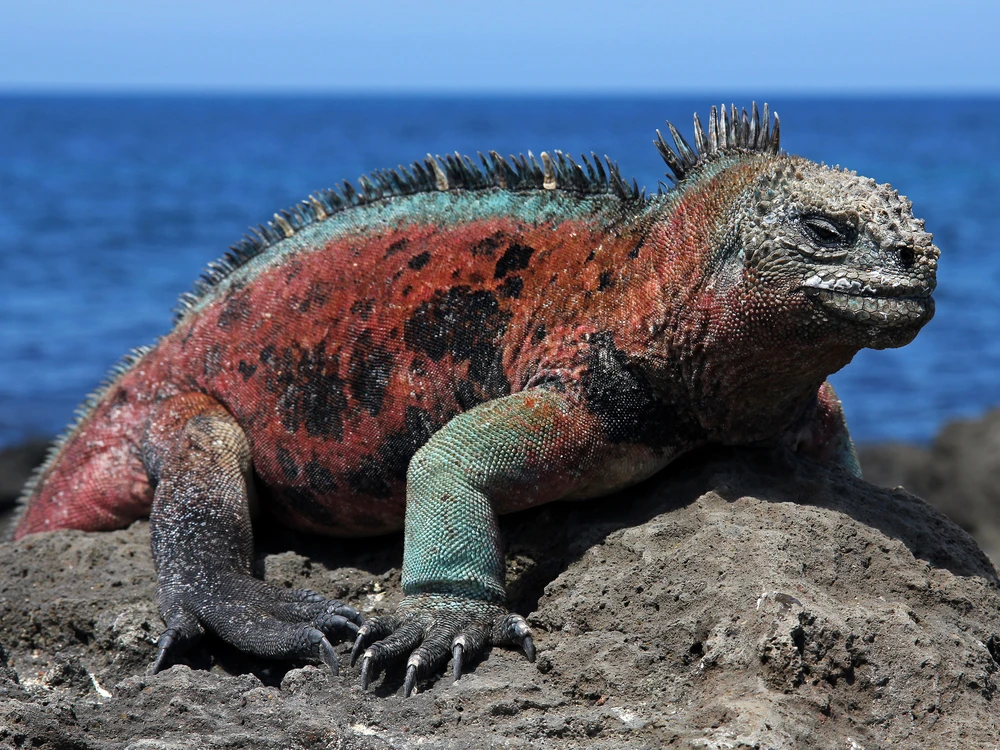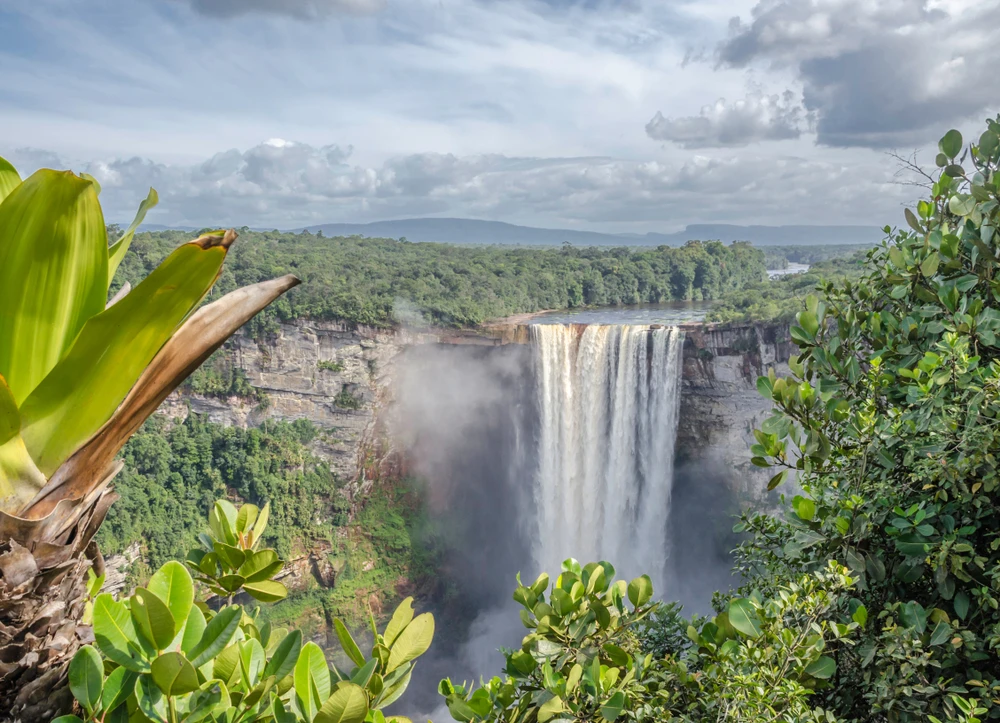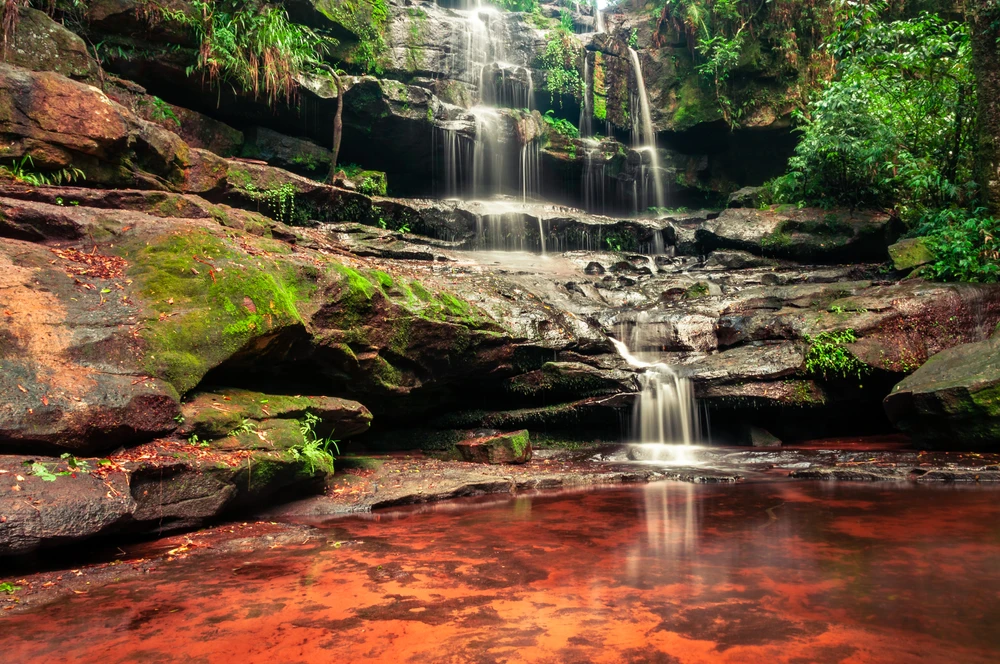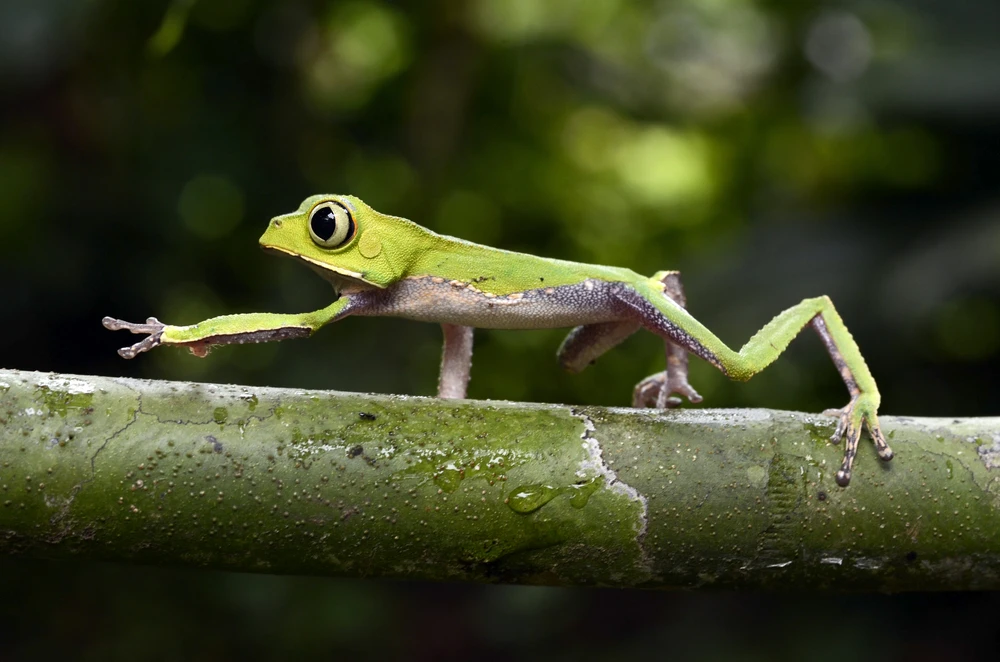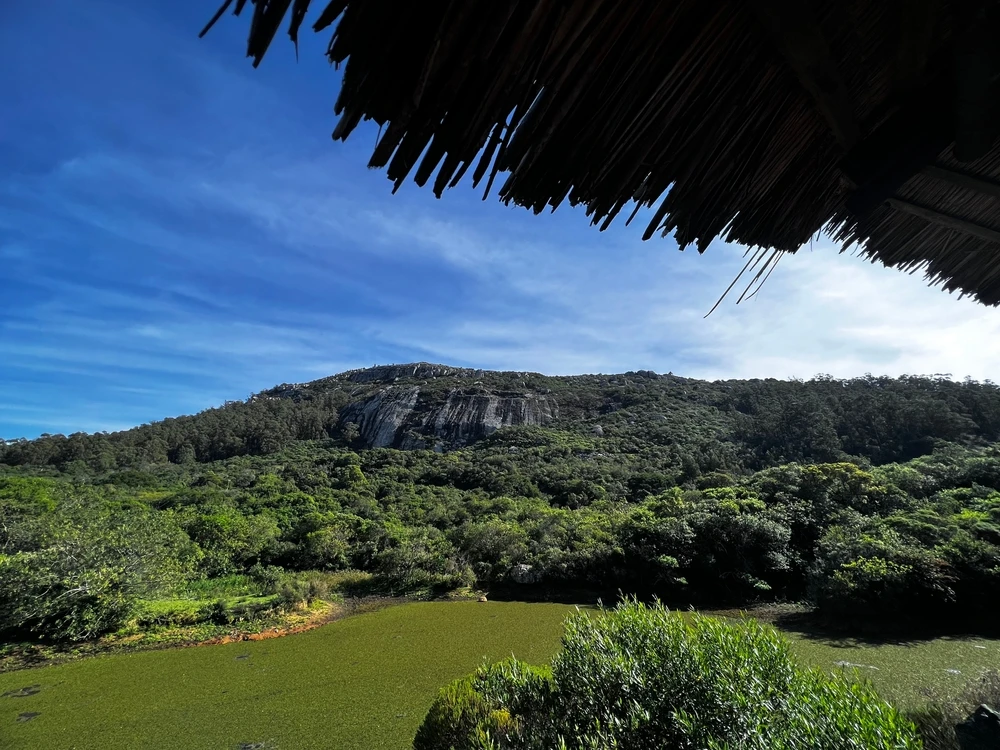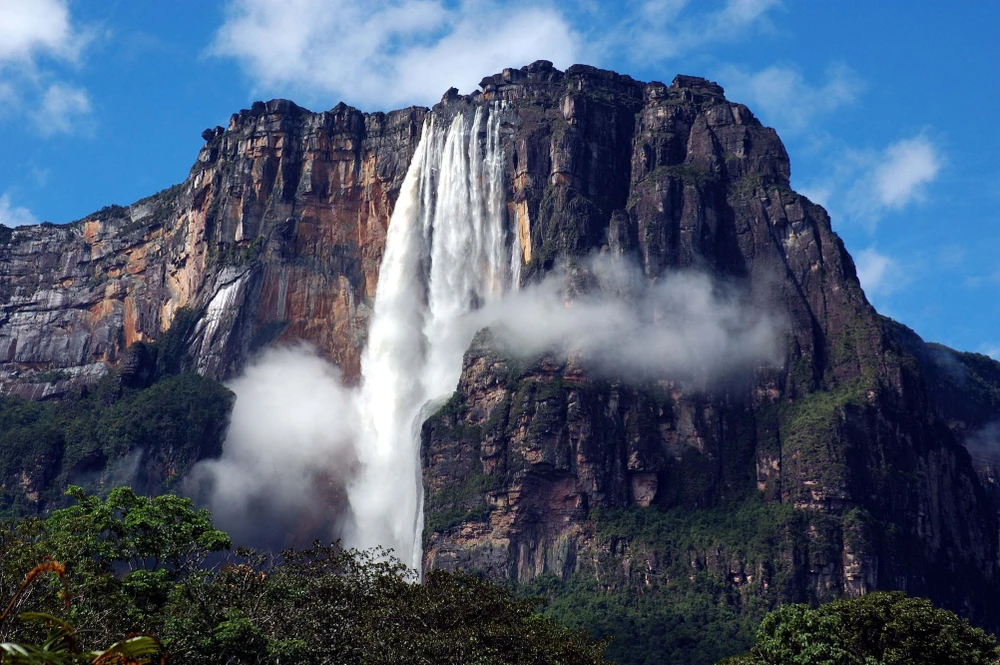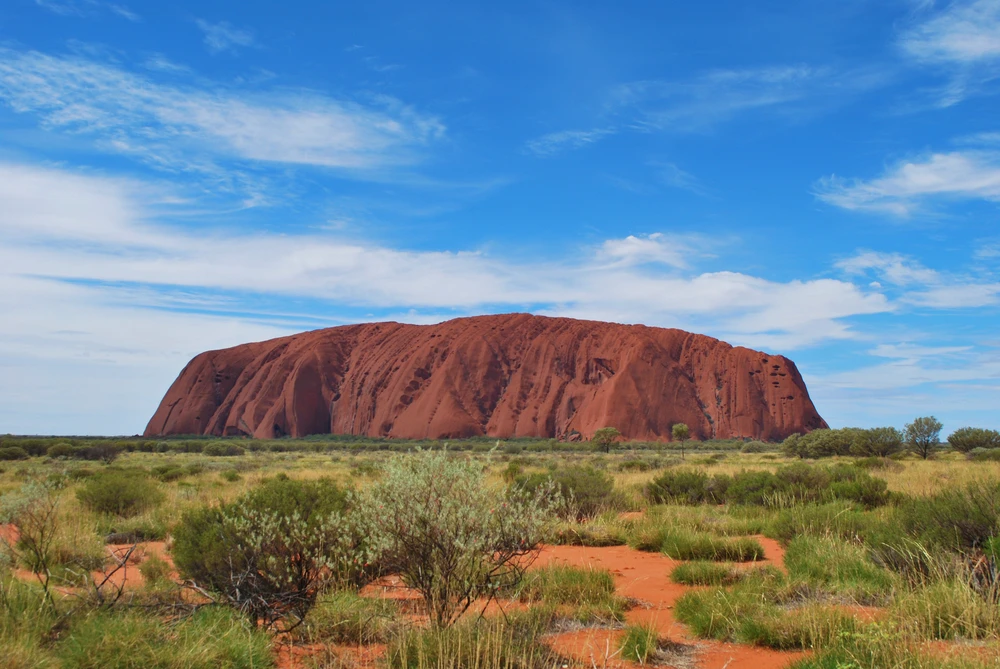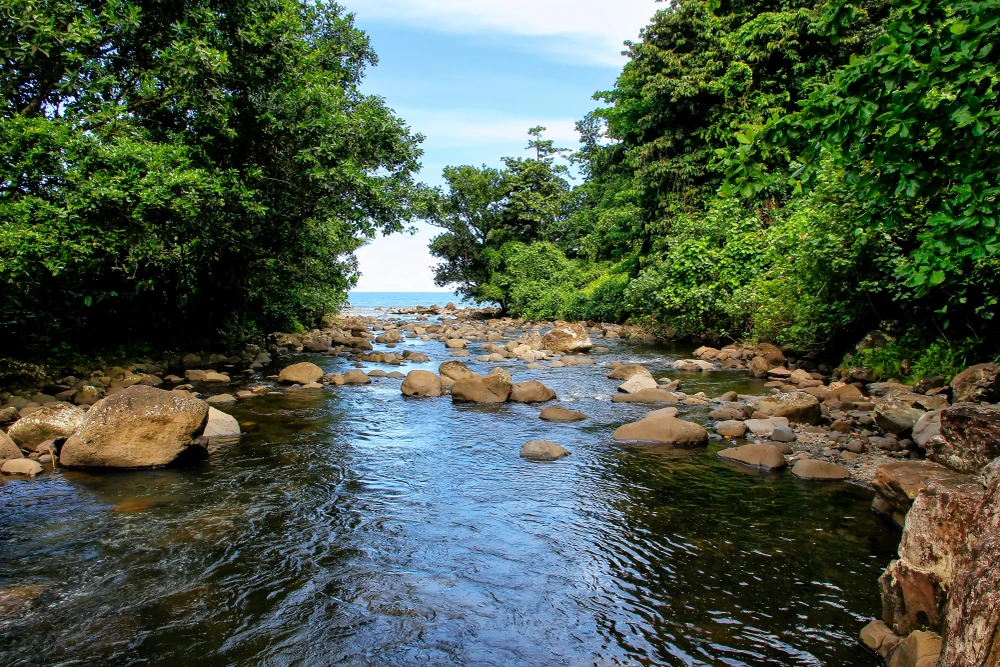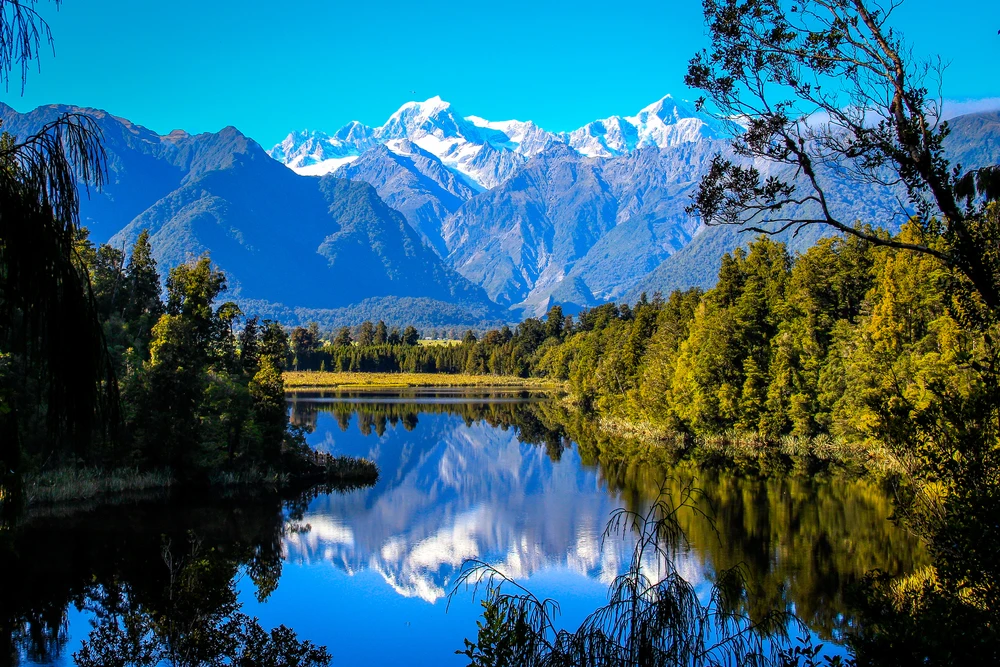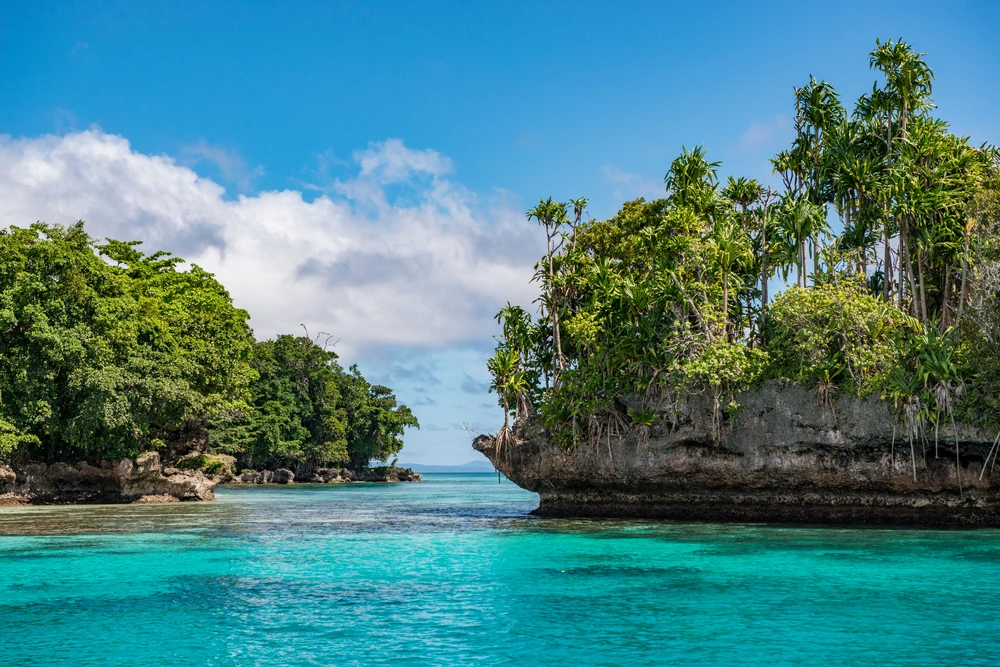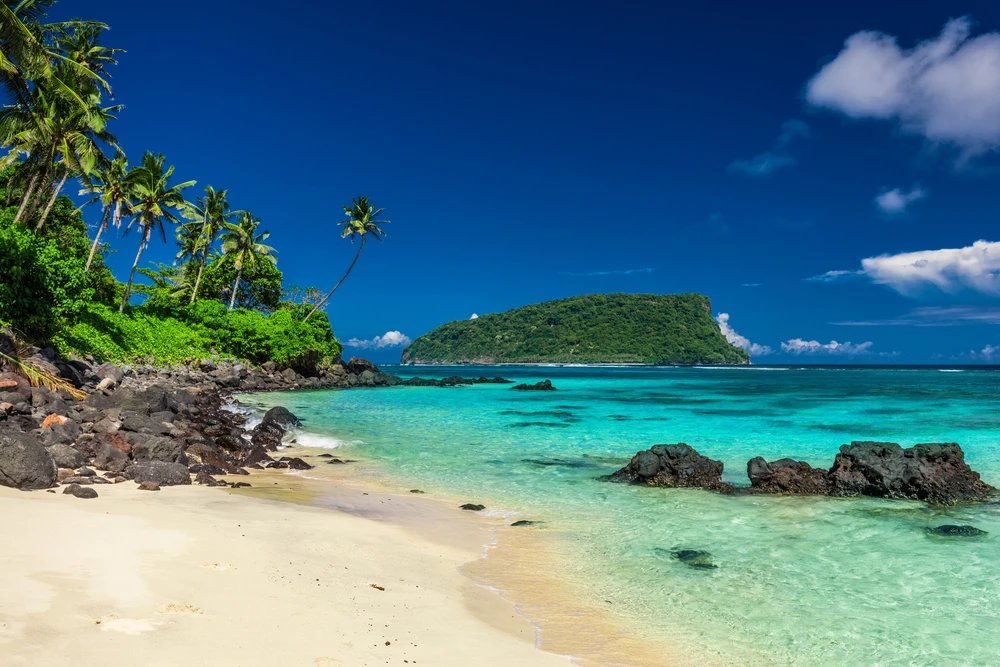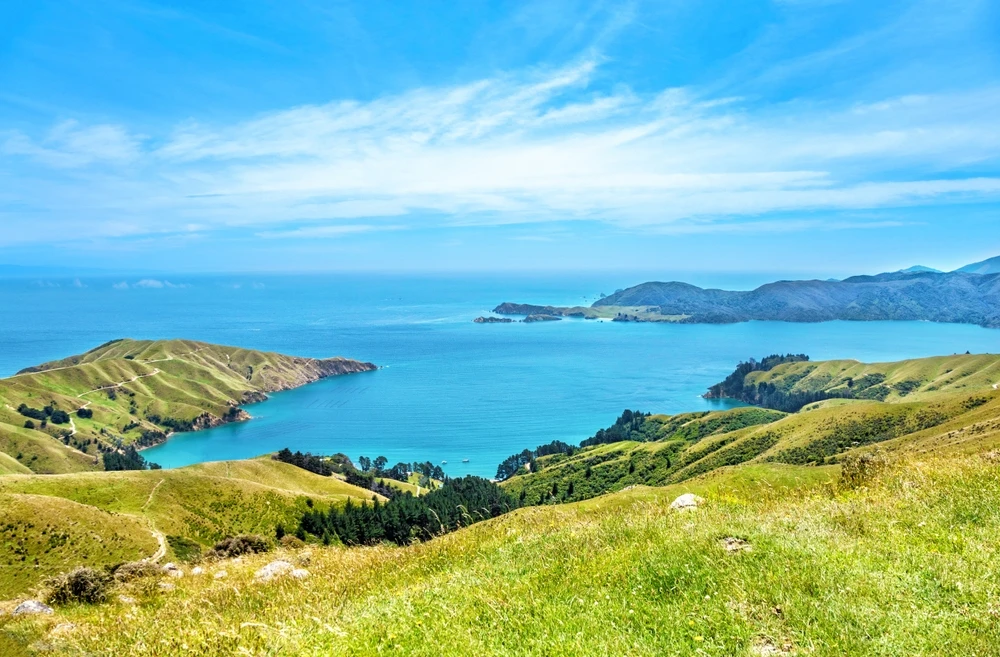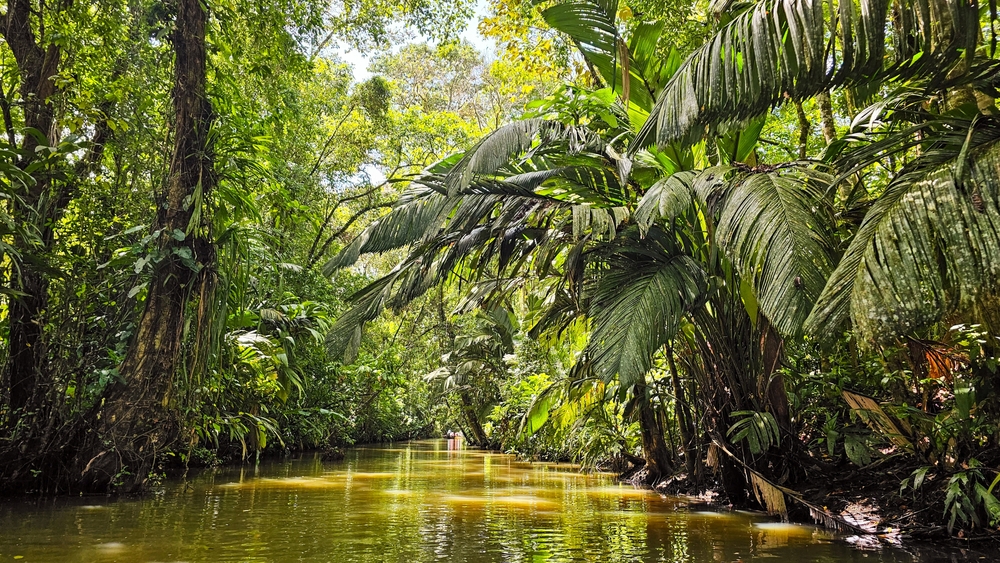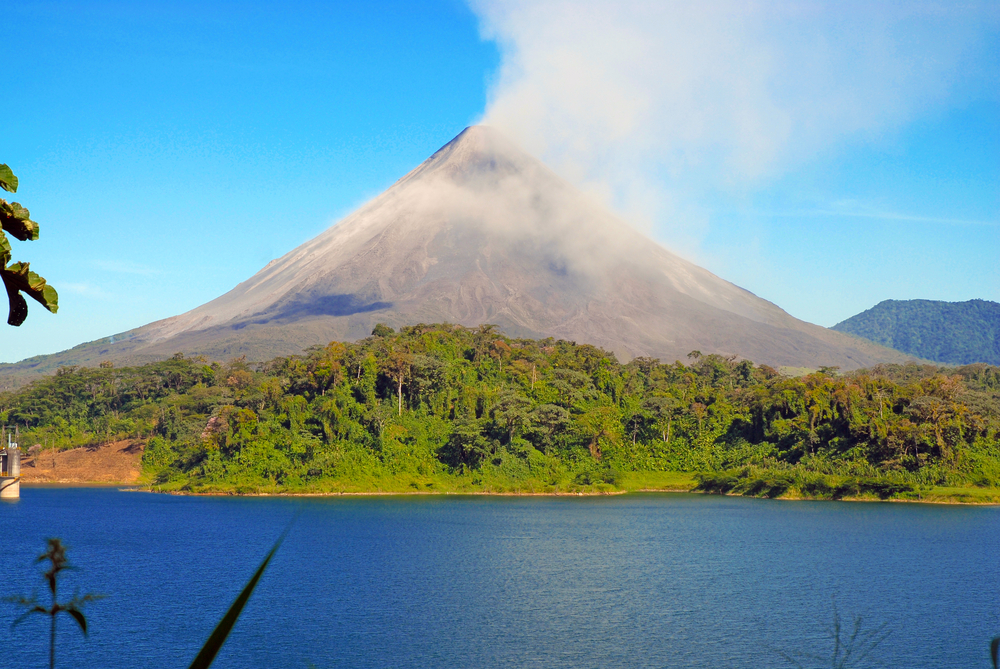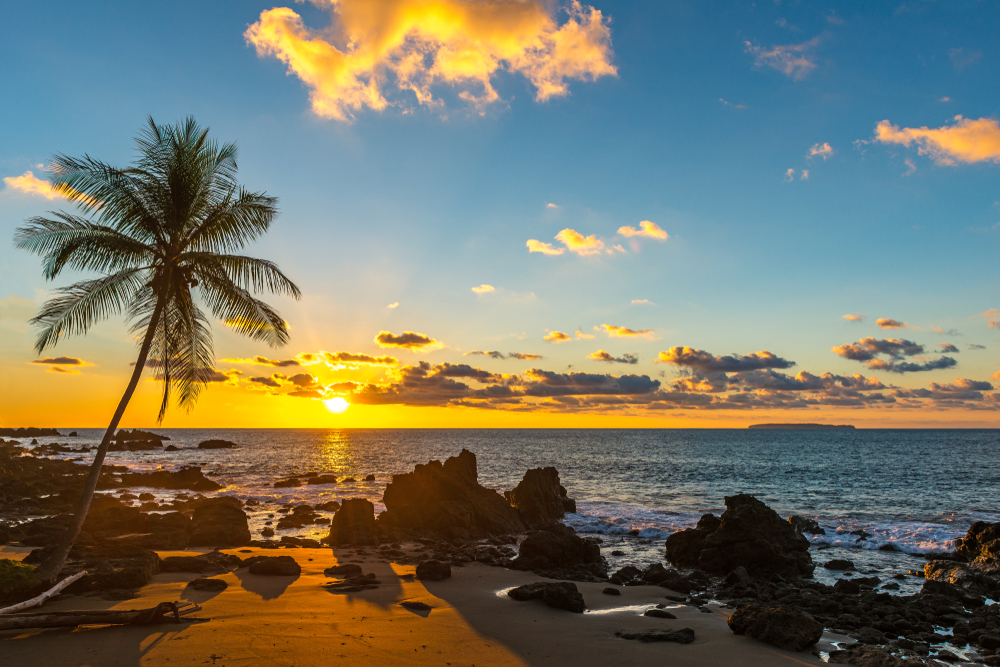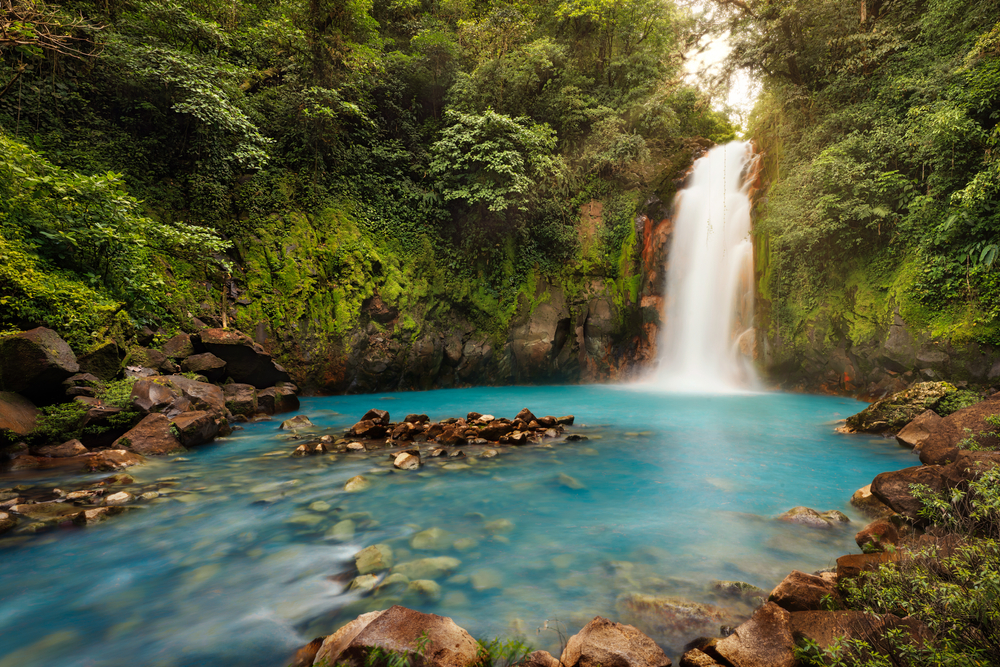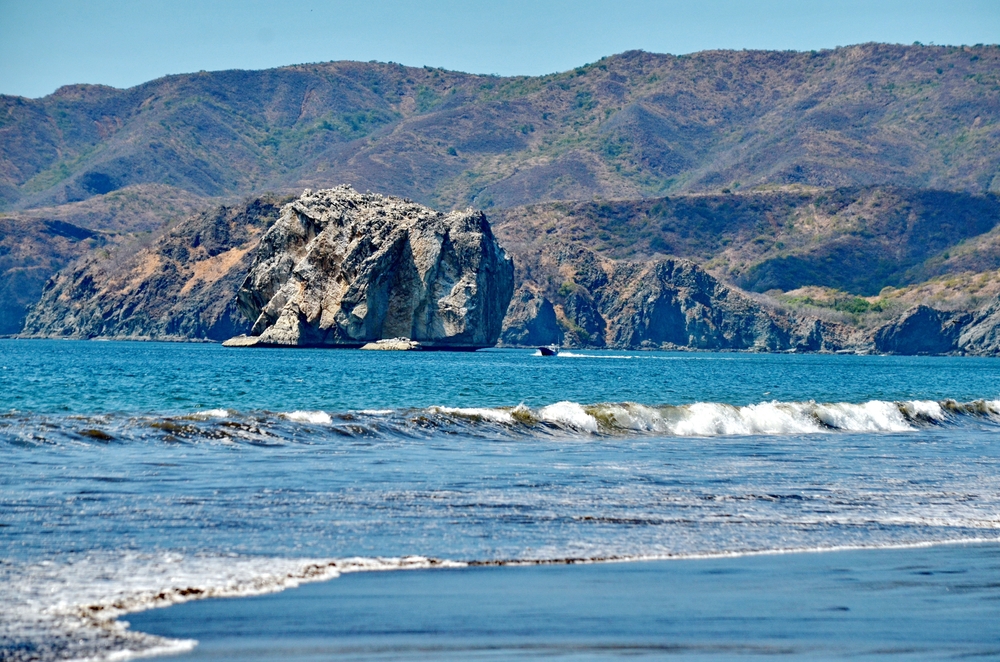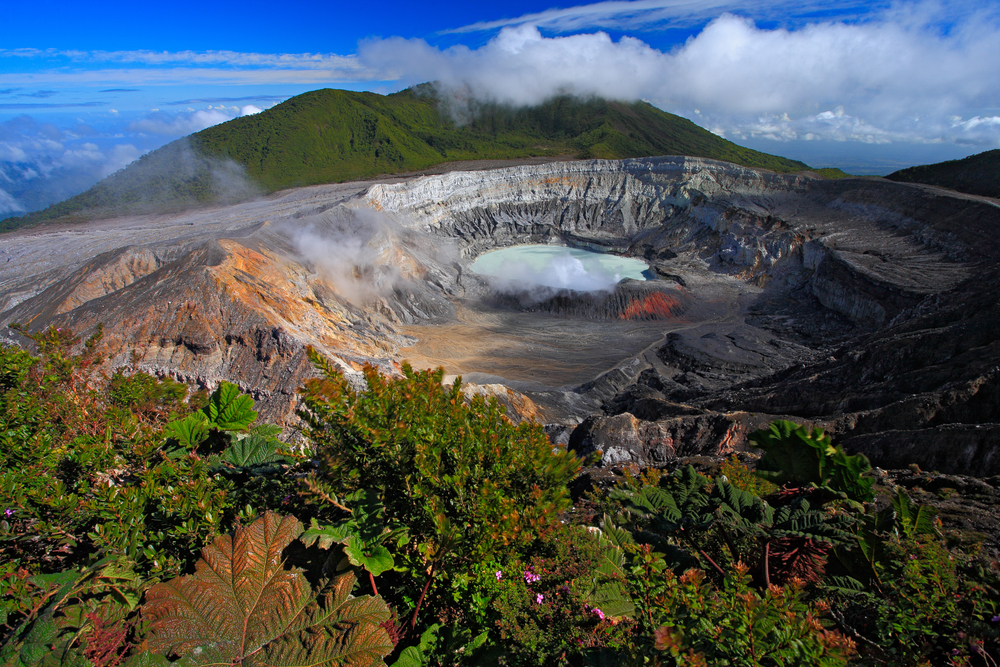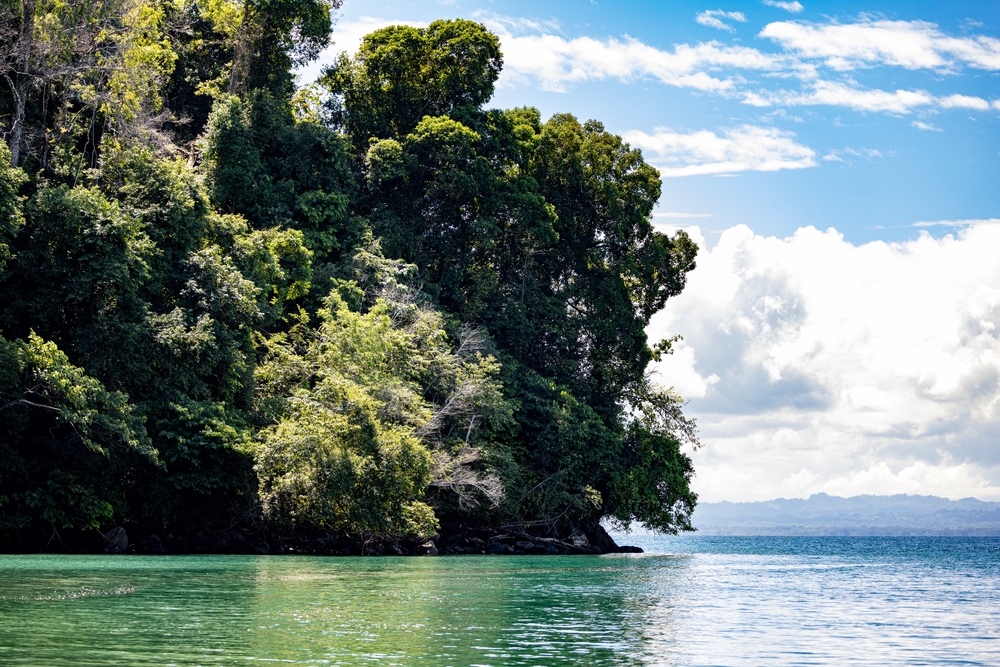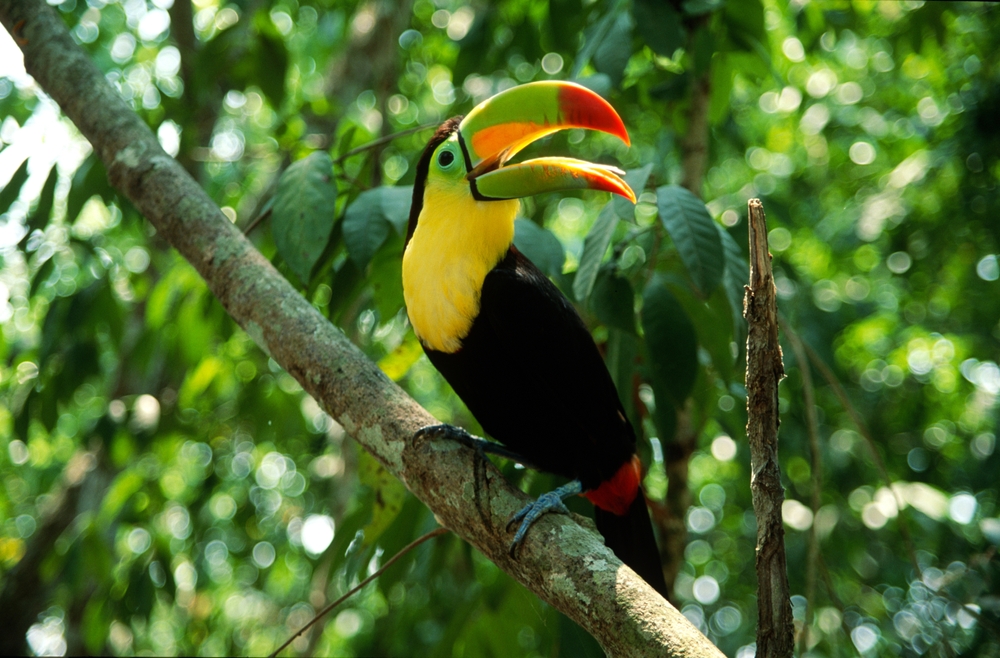Tortuguero Overview
Situated on the Caribbean coast of Costa Rica, Tortuguero National Park, known locally as Parque Nacional Tortuguero, spans roughly 125 square miles (320 square kilometers) of extraordinary tropical wilderness.
This protected area has been a beacon for nature lovers and conservationists alike due to its pristine rainforests and intricate network of water channels.
The park’s terrain is a mesmerizing blend of lush marshlands, winding waterways, and dense tropical forest. Its signature feature is a labyrinth of freshwater canals that thread through the landscape, connecting serene lagoons and meandering rivers.
Verdant mangrove forests line the edges of these waterways, while the surrounding environment displays a rich mosaic of tropical vegetation, including towering ceiba trees and vibrant orchids that add bursts of color to the scene.
Wildlife in Tortuguero National Park is as diverse as it is abundant. Visitors often encounter playful capuchin monkeys, stately howler monkeys, and elusive jaguars in the dense undergrowth.
The park is famed for its role as a critical nesting ground for several species of sea turtles, particularly the green sea turtle, which returns each year to lay eggs on its secluded beaches. Bird enthusiasts will delight in the many species that call the park home, such as striking scarlet macaws, elegant herons, and a variety of tanagers that bring life to the treetops.
Among its popular attractions, the turtle nesting sites and guided boat tours stand out as must-see experiences. During the nesting season, which typically spans from July to October, visitors have the rare opportunity to witness sea turtles laying their eggs under the cover of night.
The park’s network of waterways offers an intimate view of its remarkable ecosystem, and guided boat tours provide both educational insights and breathtaking scenery that capture the essence of Costa Rica’s natural beauty.
Visitors can engage with the park in numerous ways that cater to different interests and activity levels. Guided nature walks reveal hidden trails that meander through the dense jungle, offering glimpses of rare flora and fauna.
Boat rides along the winding canals provide a serene passage through the watery landscapes, while kayaking allows adventurers to explore secluded coves and marshes at a leisurely pace. Each mode of exploration deepens one’s connection with the natural world and reinforces the park’s commitment to environmental education.
Conservation challenges have posed significant hurdles for Tortuguero National Park. Issues such as habitat loss from nearby development, the impacts of climate change on delicate ecosystems, and illegal poaching of both marine and terrestrial species have required constant vigilance from park management.
Yet, success stories abound as dedicated conservation programs work tirelessly to protect nesting sites, rehabilitate damaged wetlands, and promote sustainable tourism practices. Collaborative efforts between local communities, government agencies, and international organizations have resulted in improved monitoring of sea turtle populations and the preservation of vital forest areas, ensuring that future generations can continue to enjoy this unique natural treasure.
The rich cultural heritage of the local communities intertwines with the park’s natural allure, offering visitors insights into traditional practices and a deep respect for nature. Local guides share legends and historical anecdotes that enhance the overall experience and foster a stronger connection between visitors and this cherished environment.

